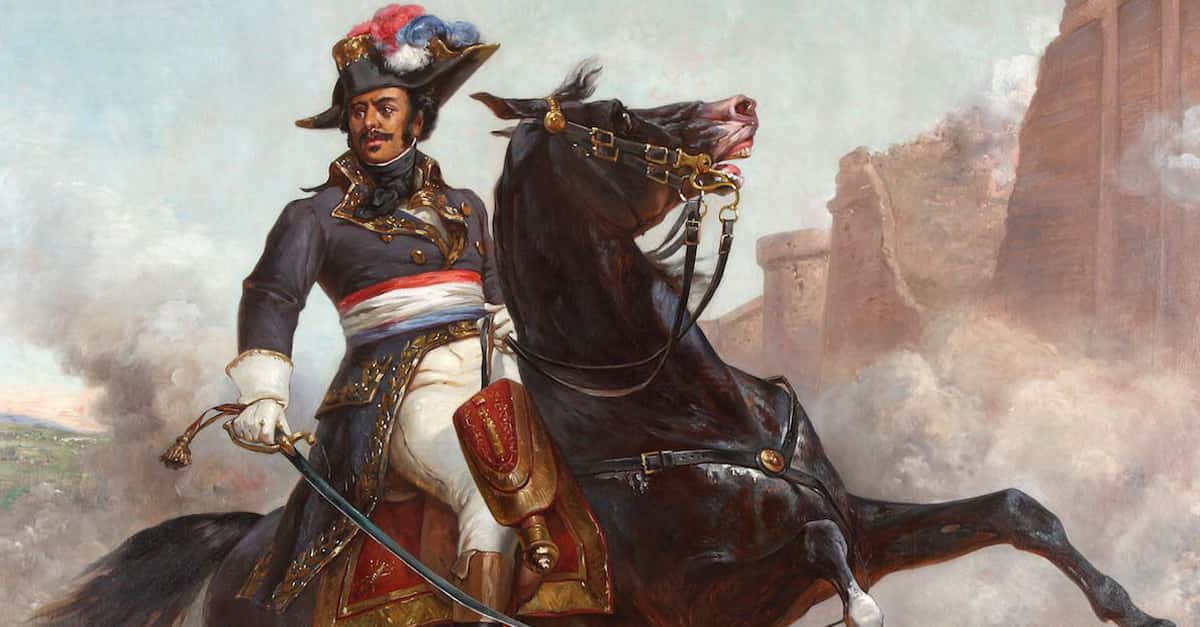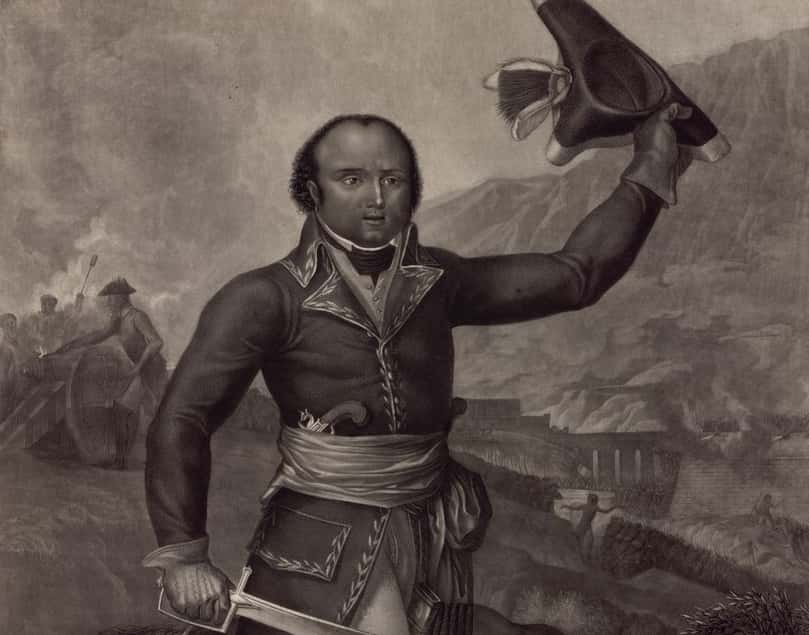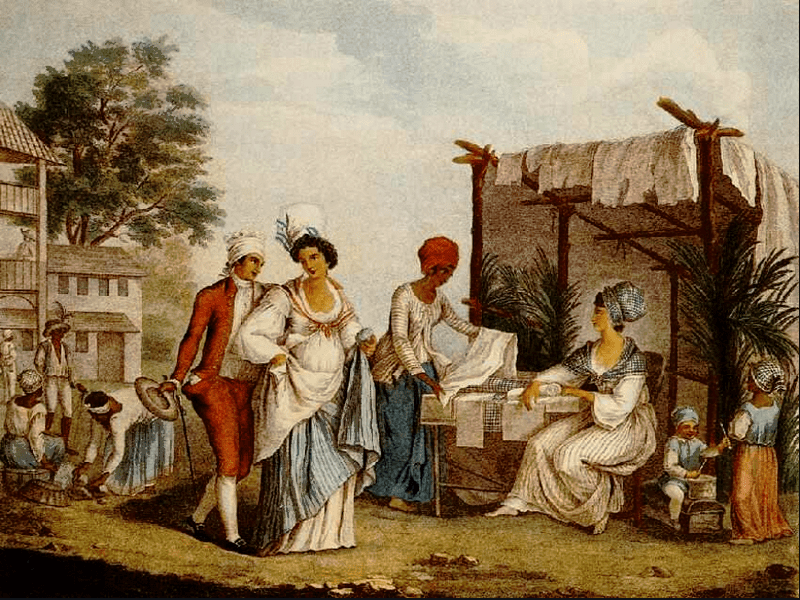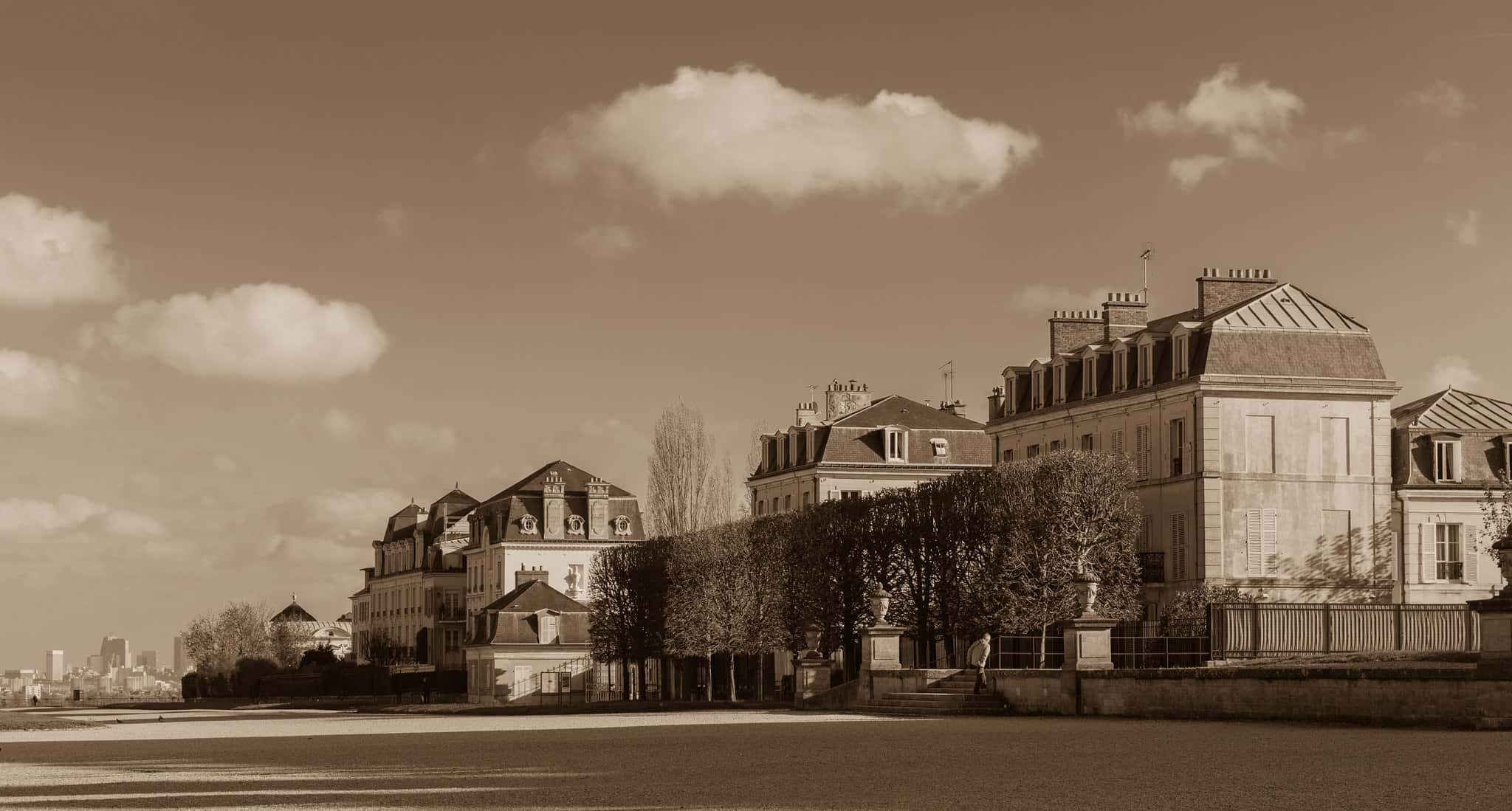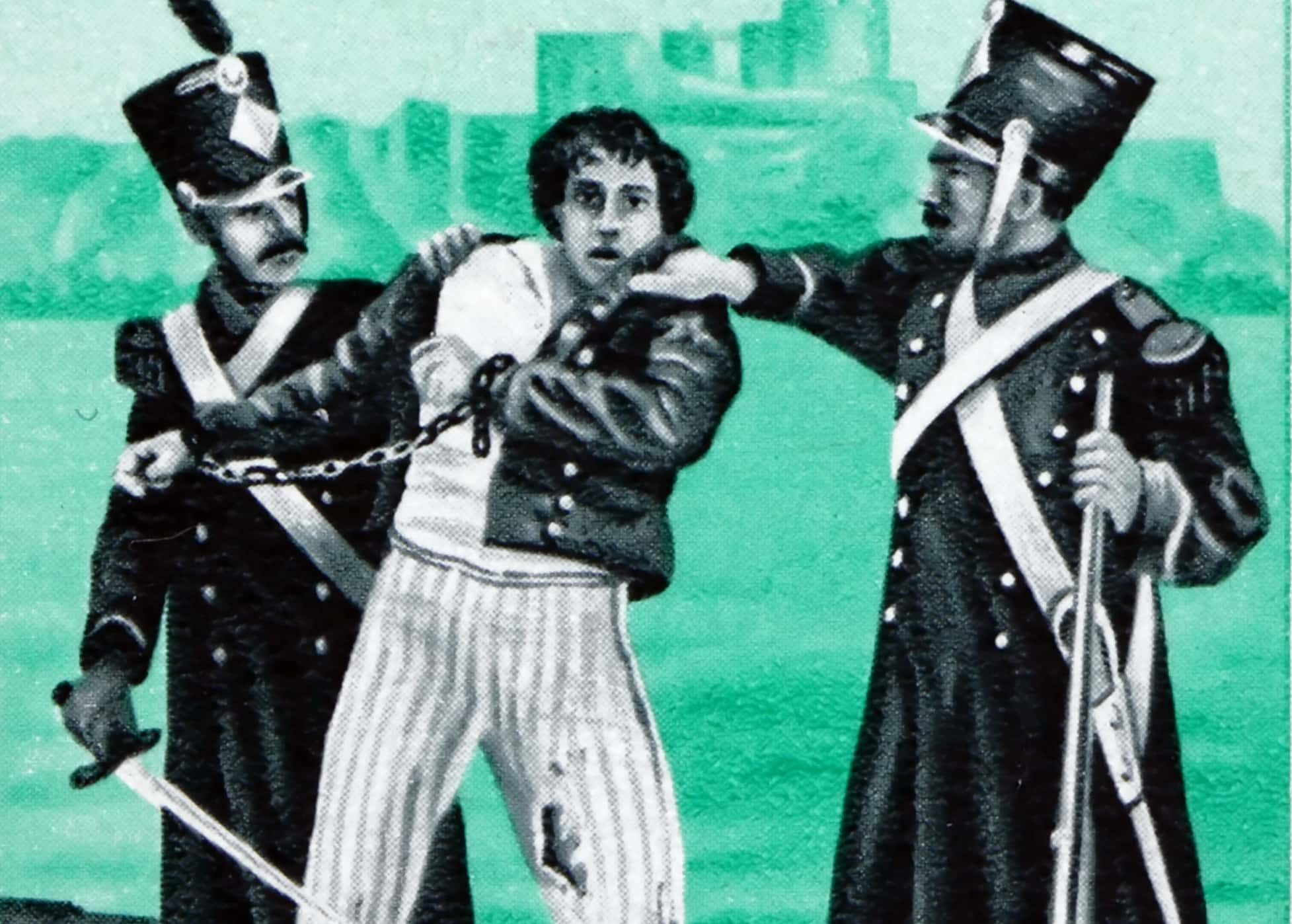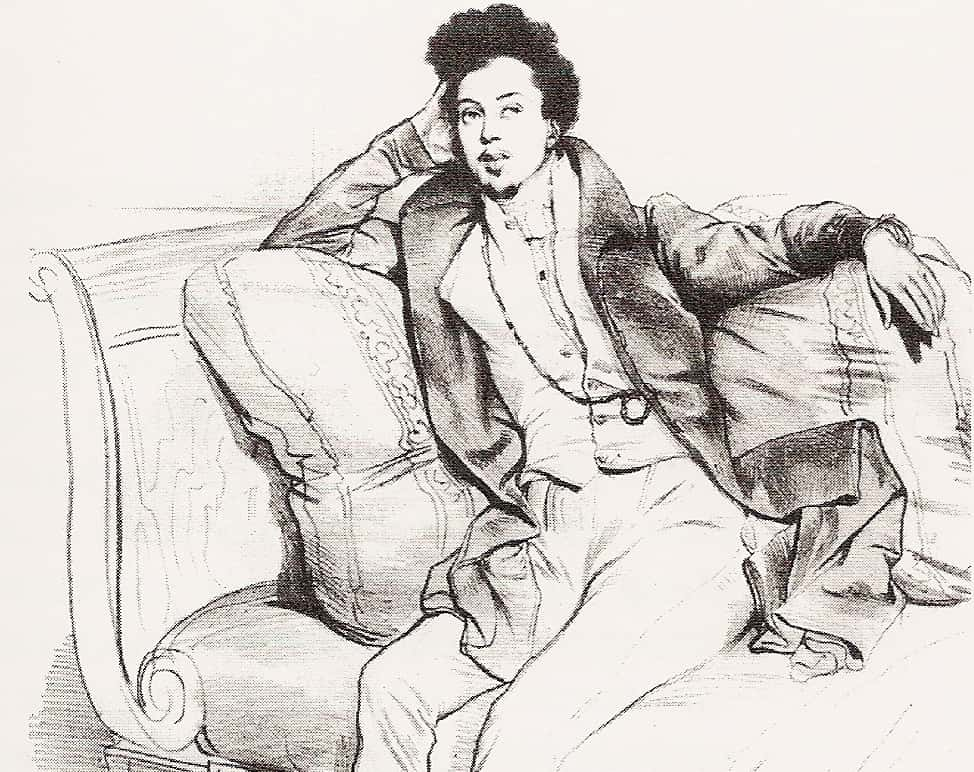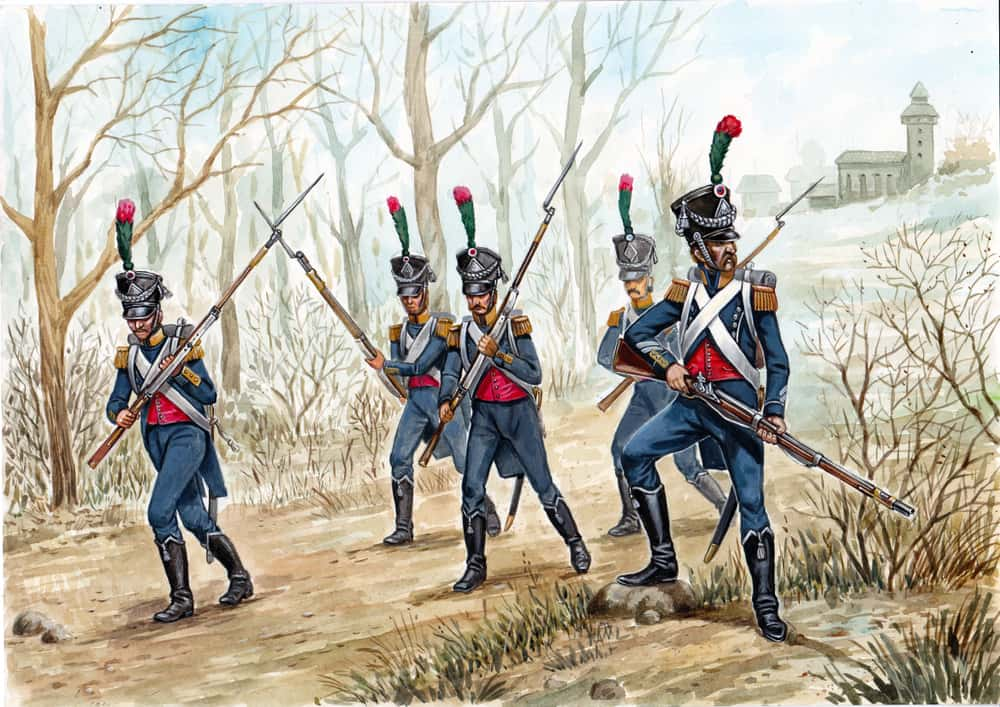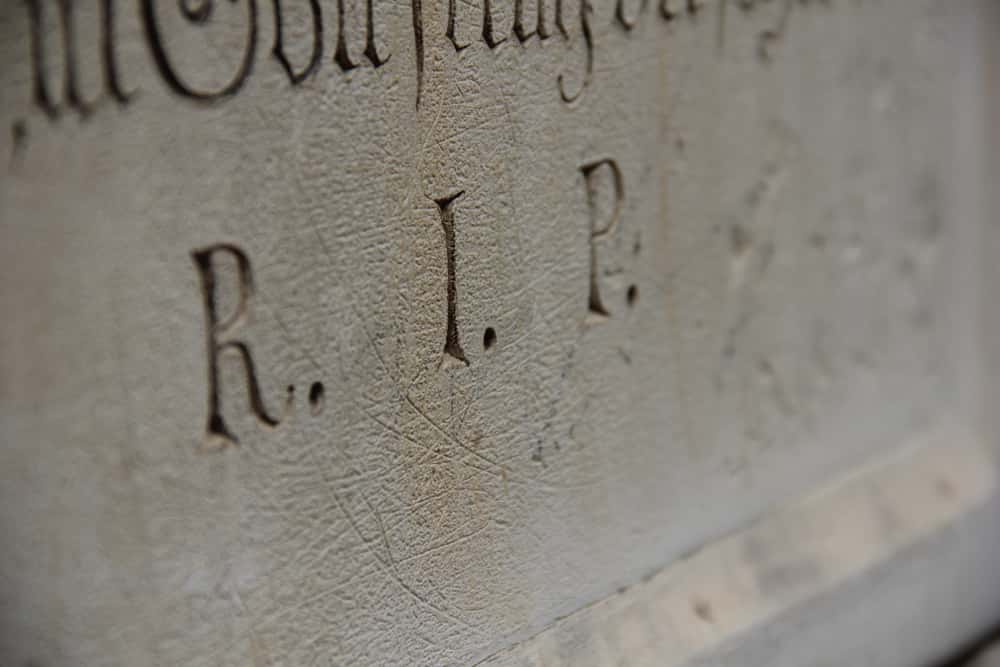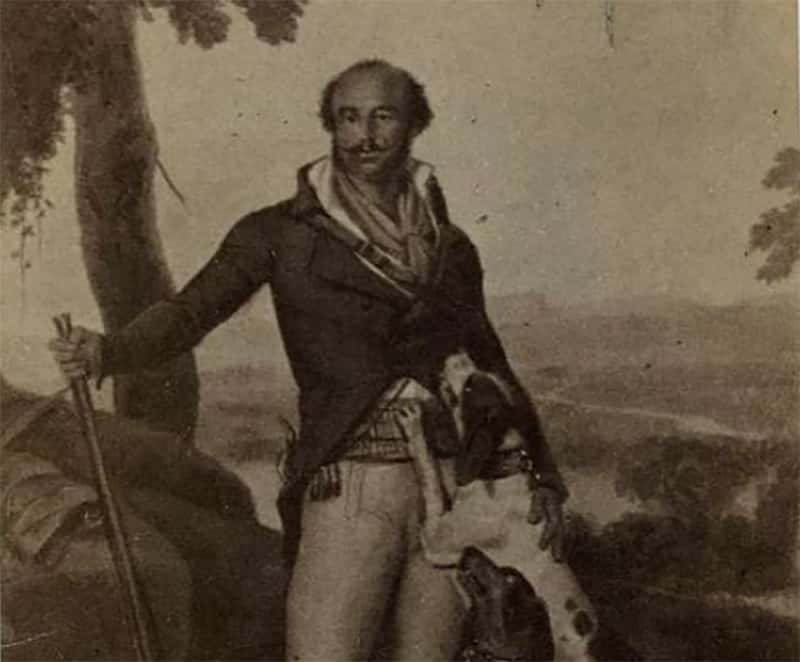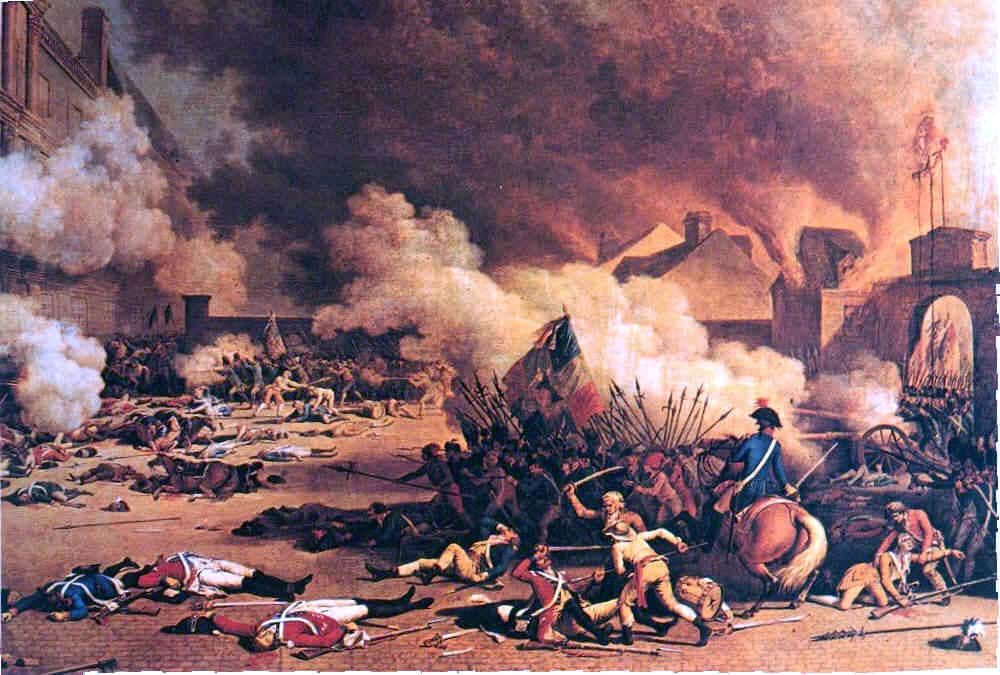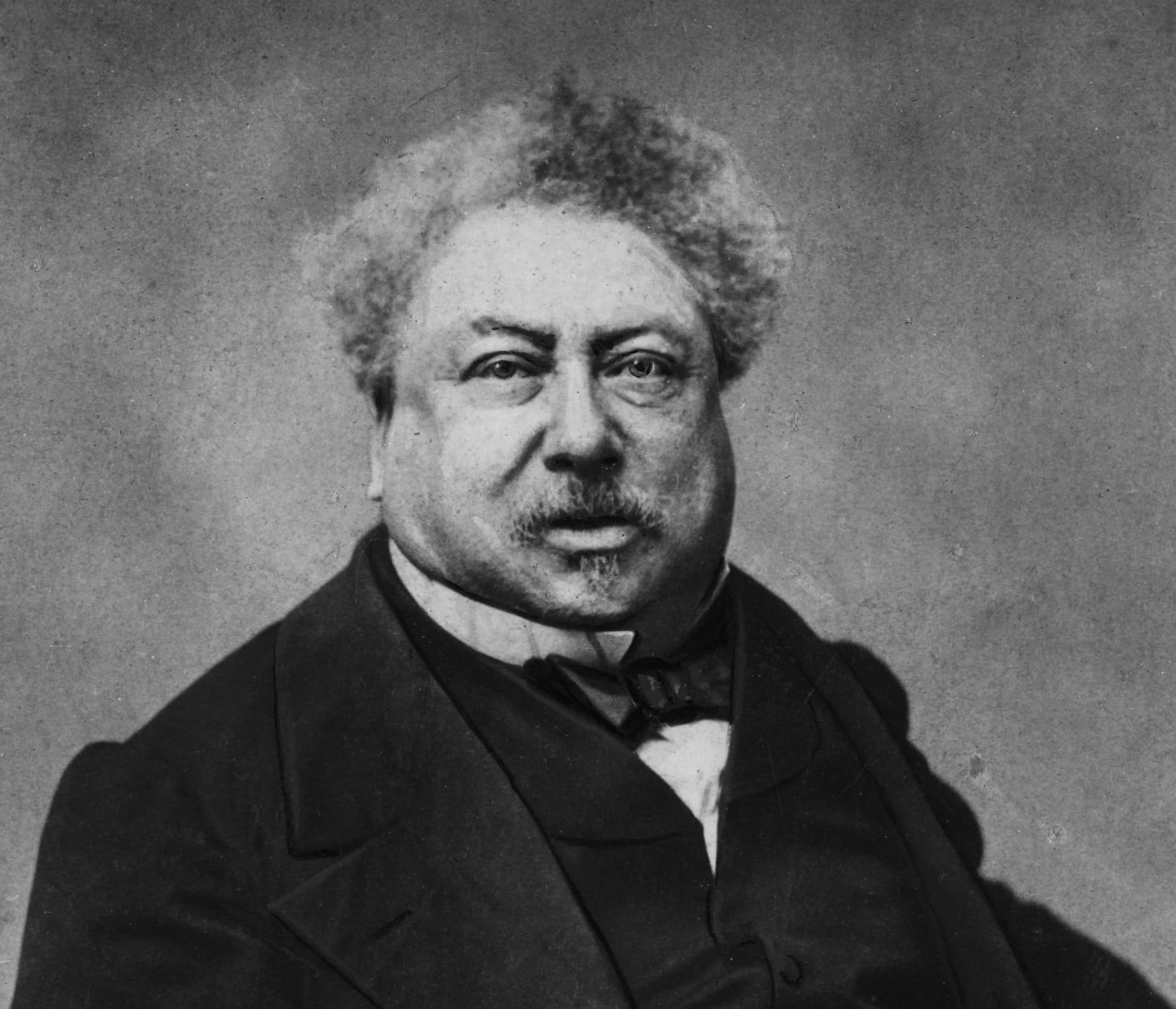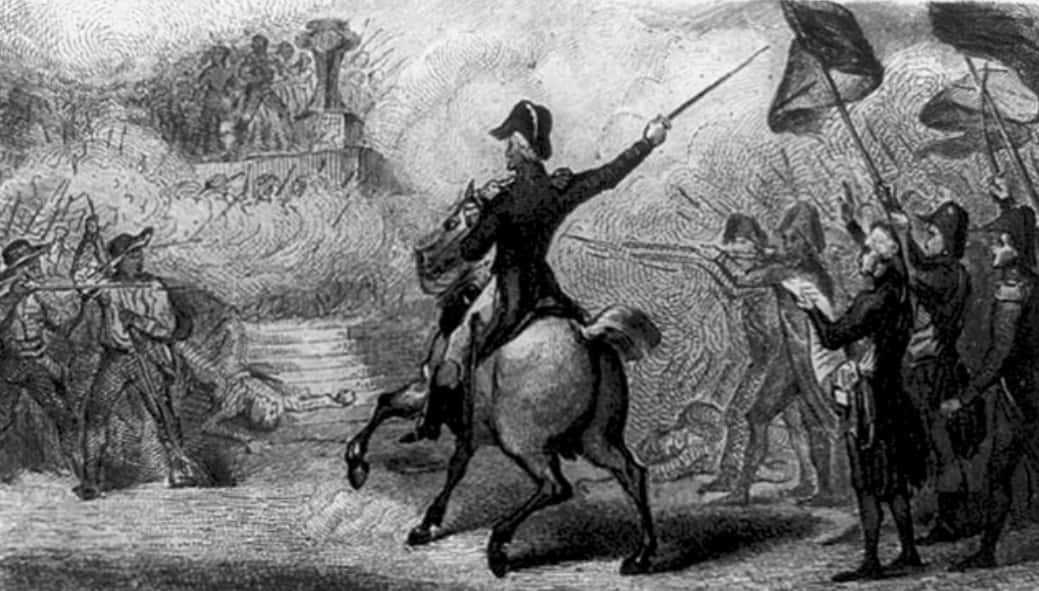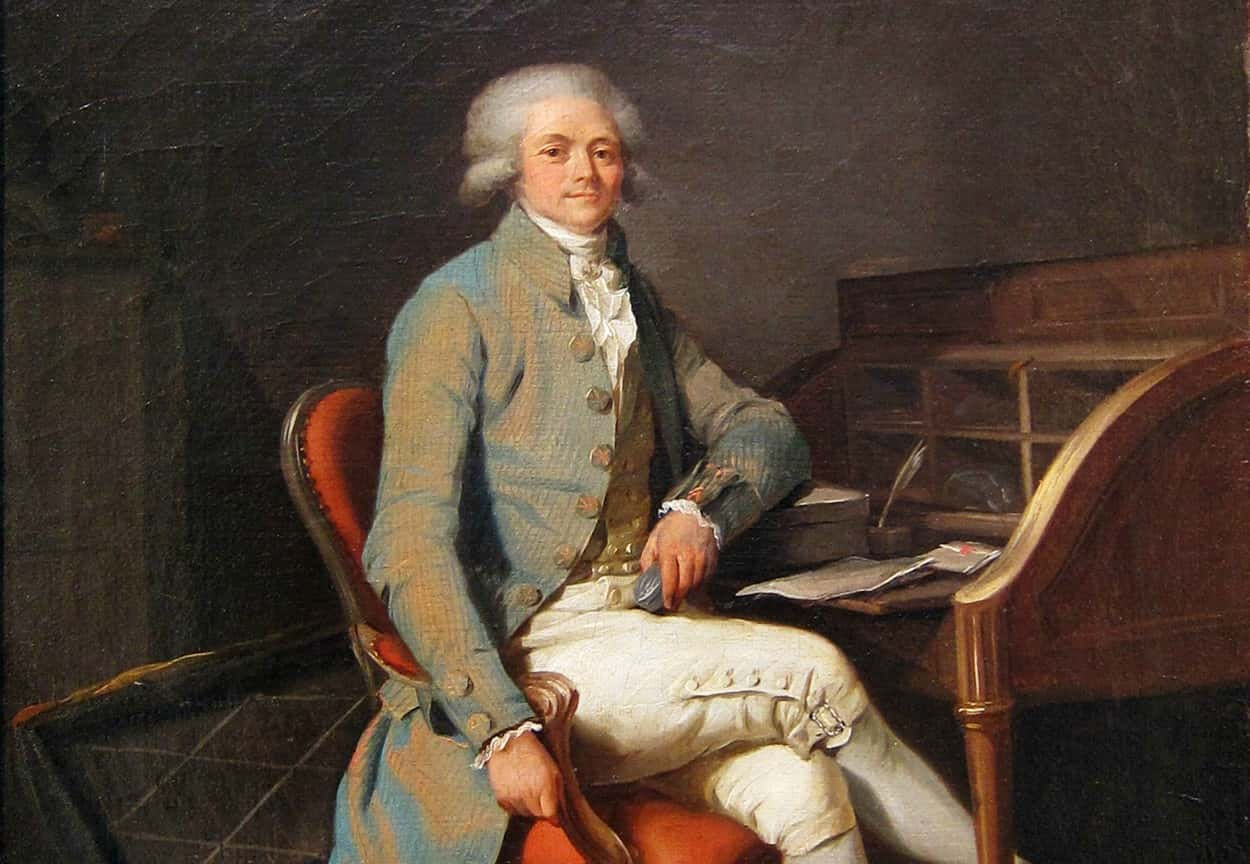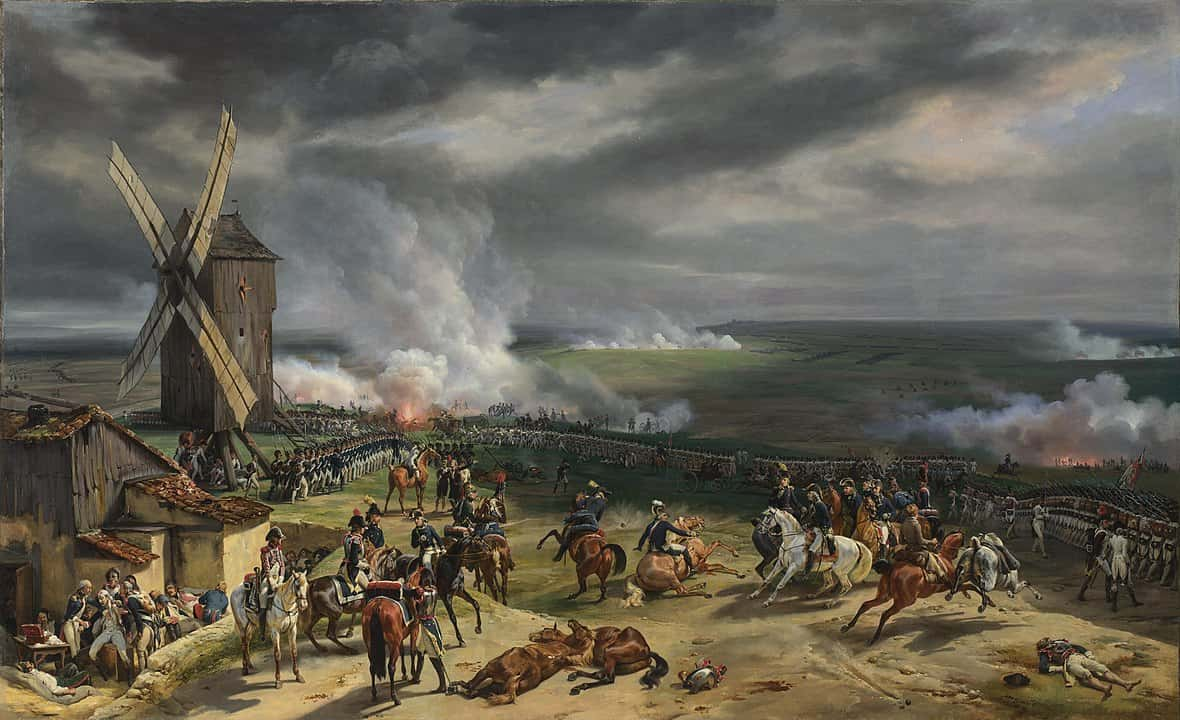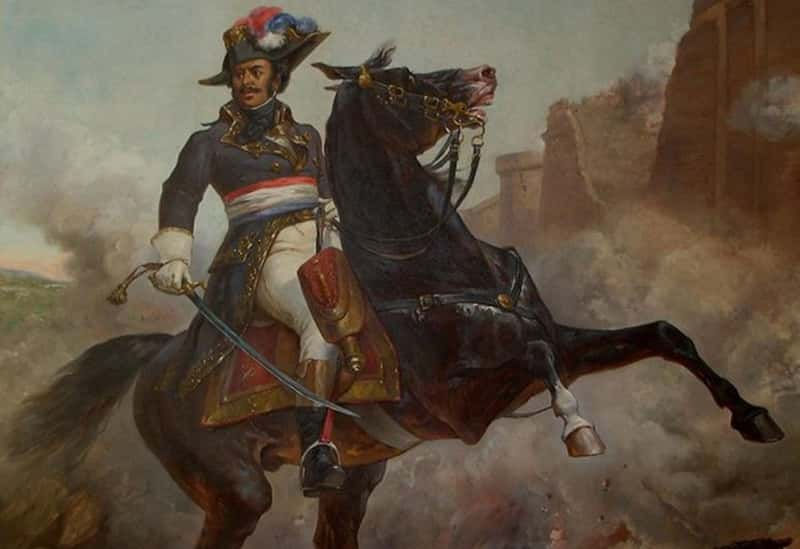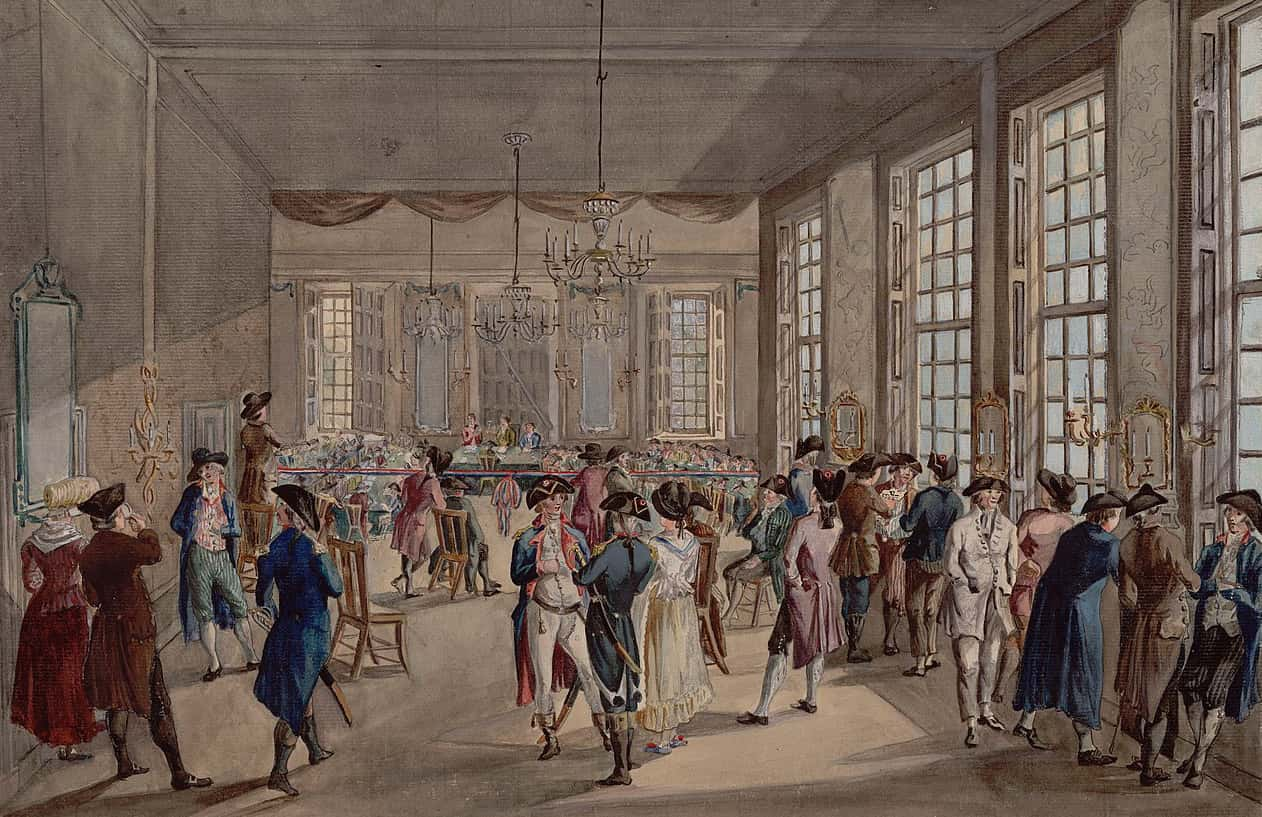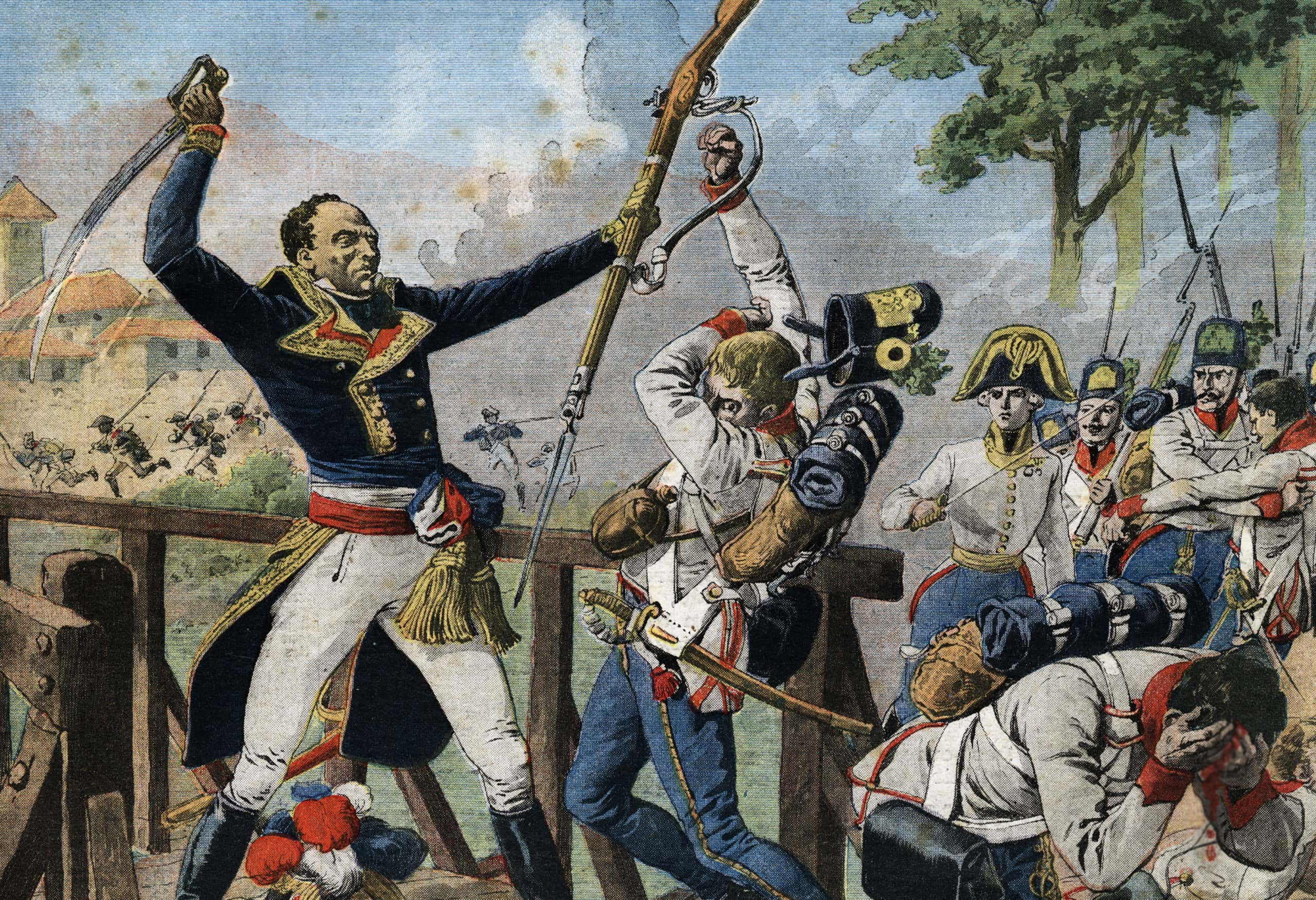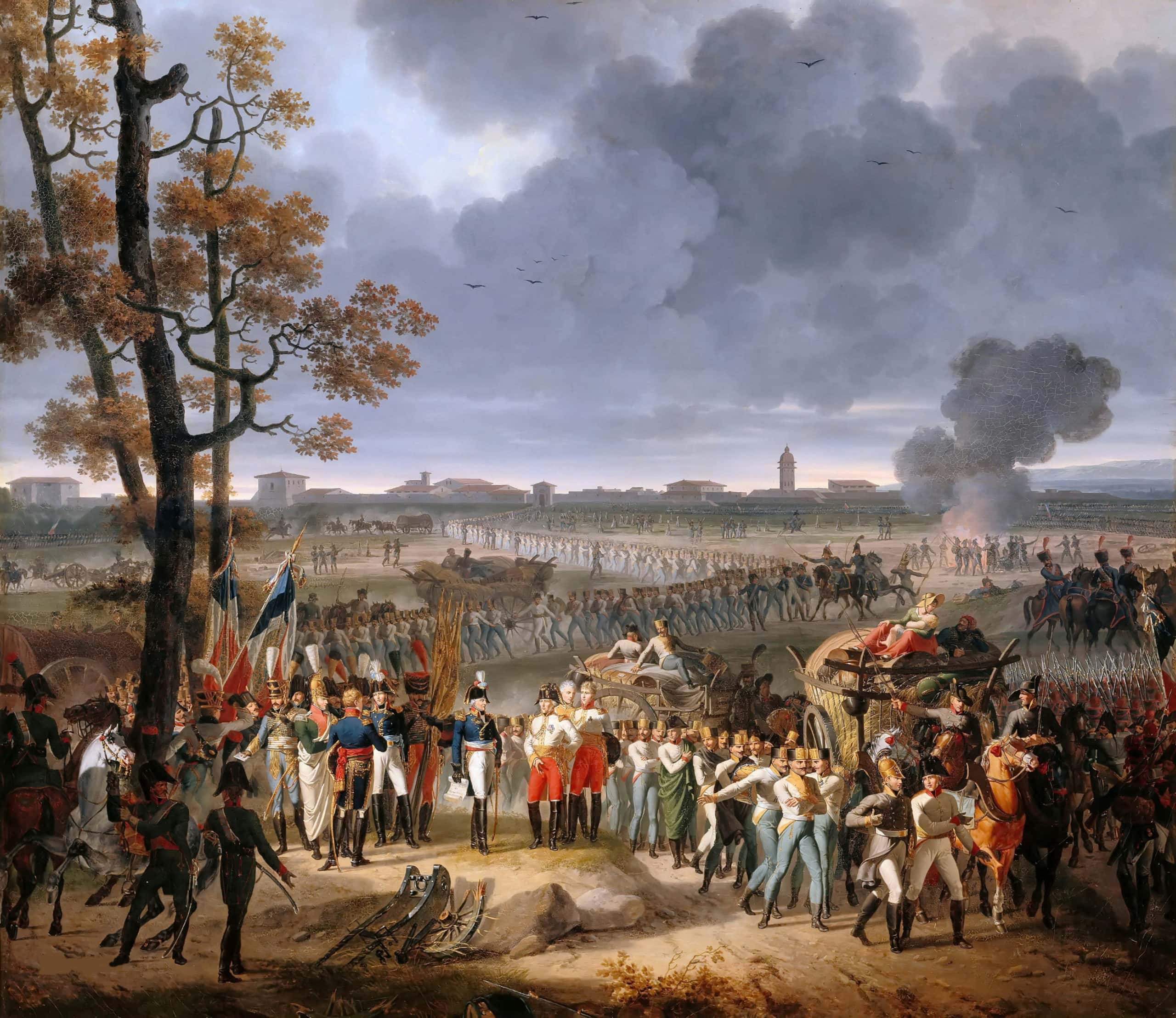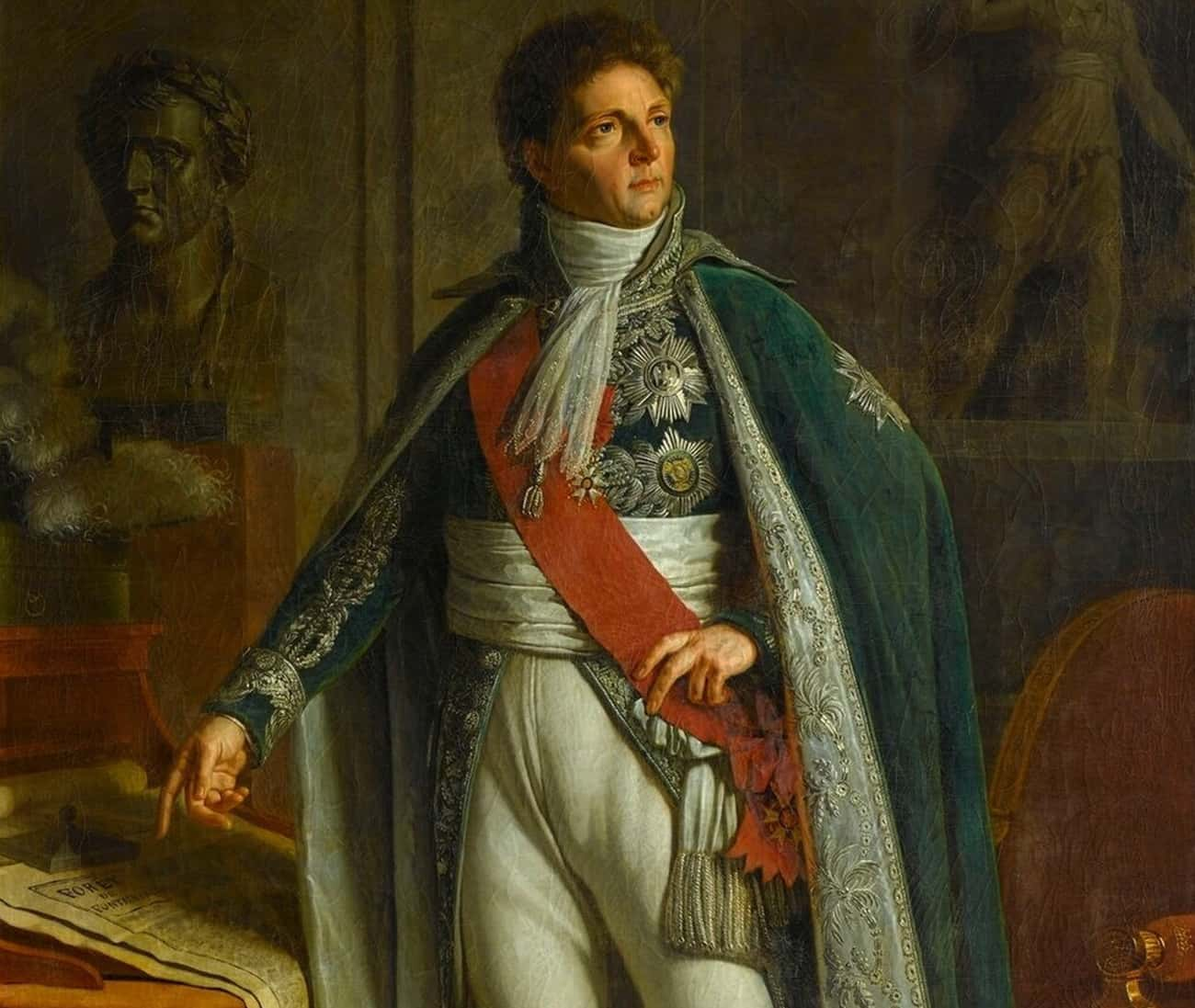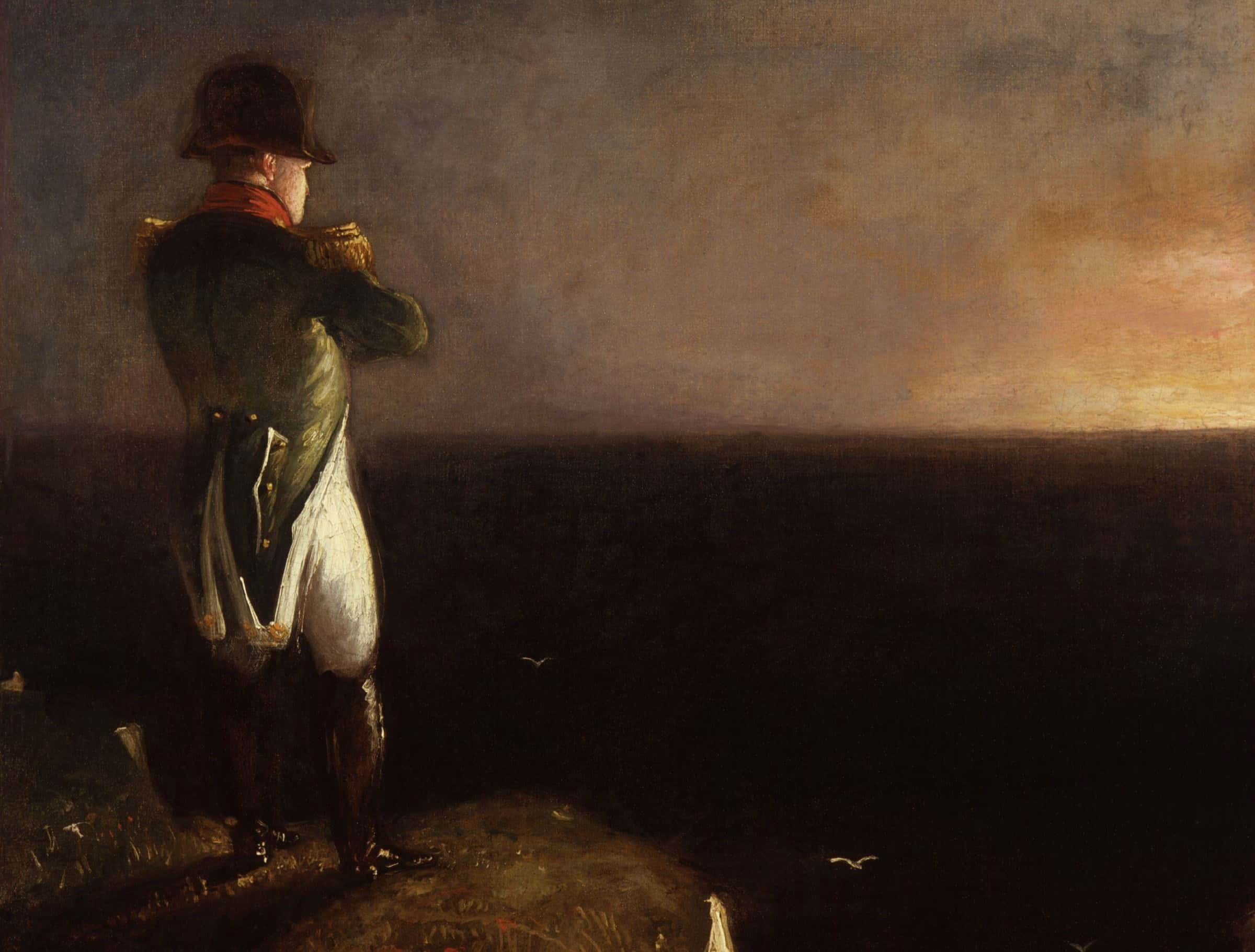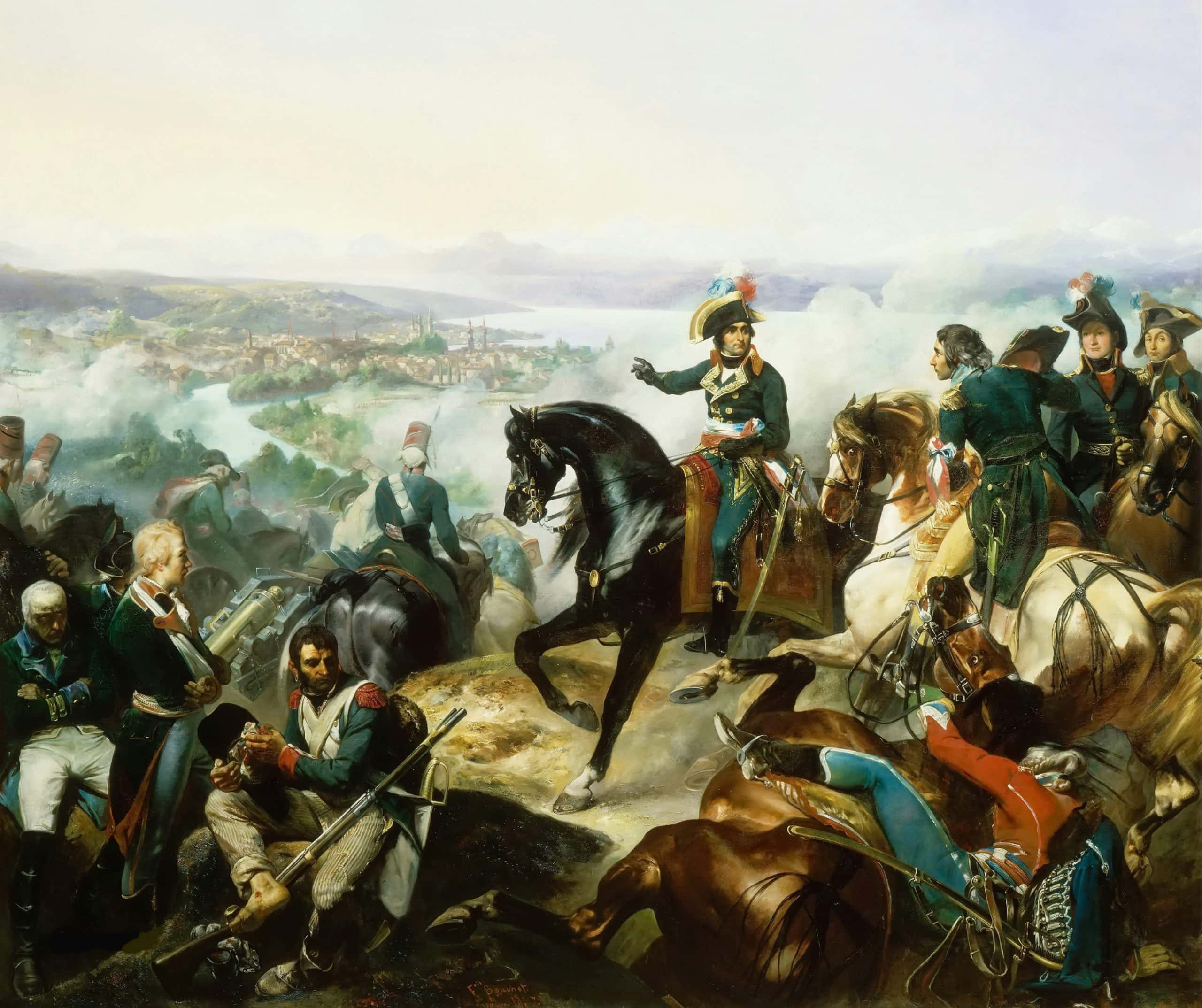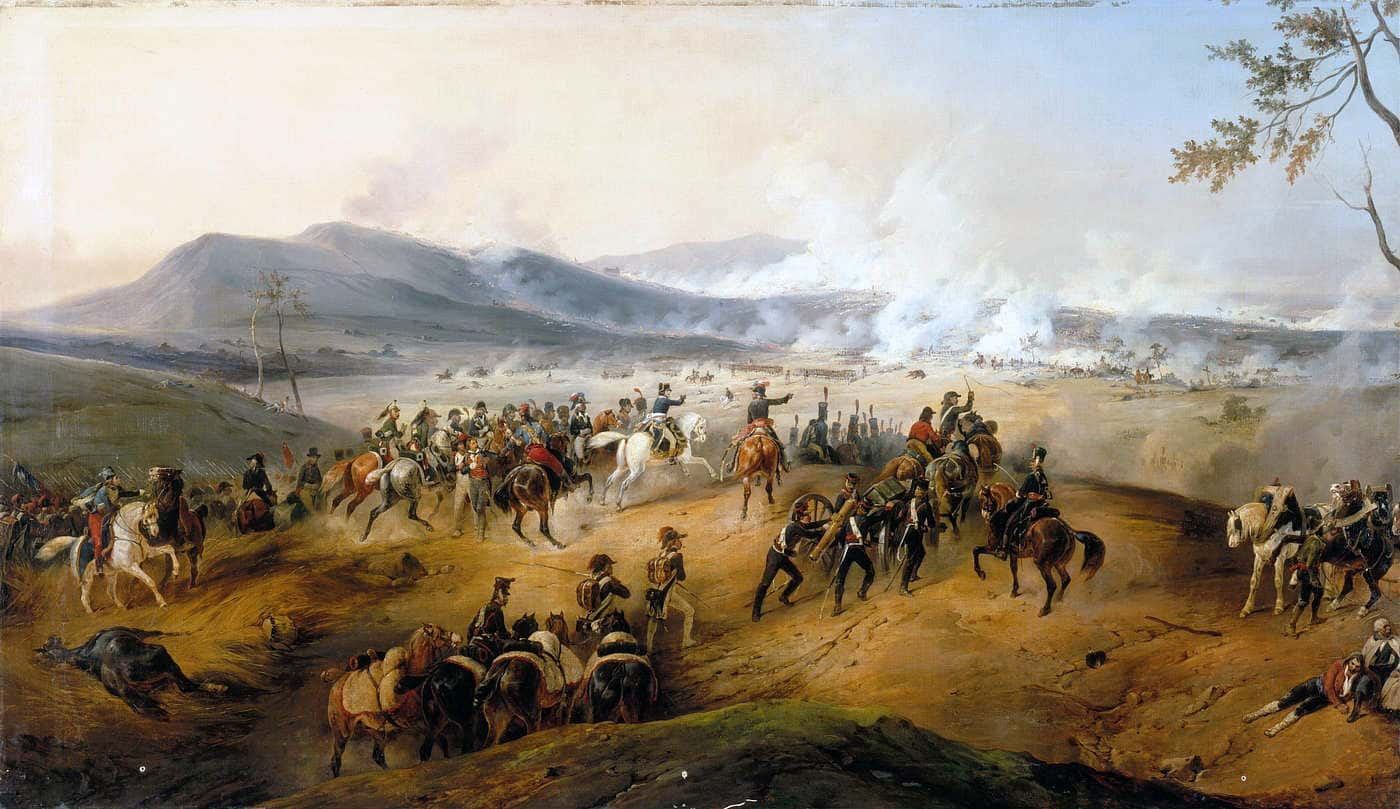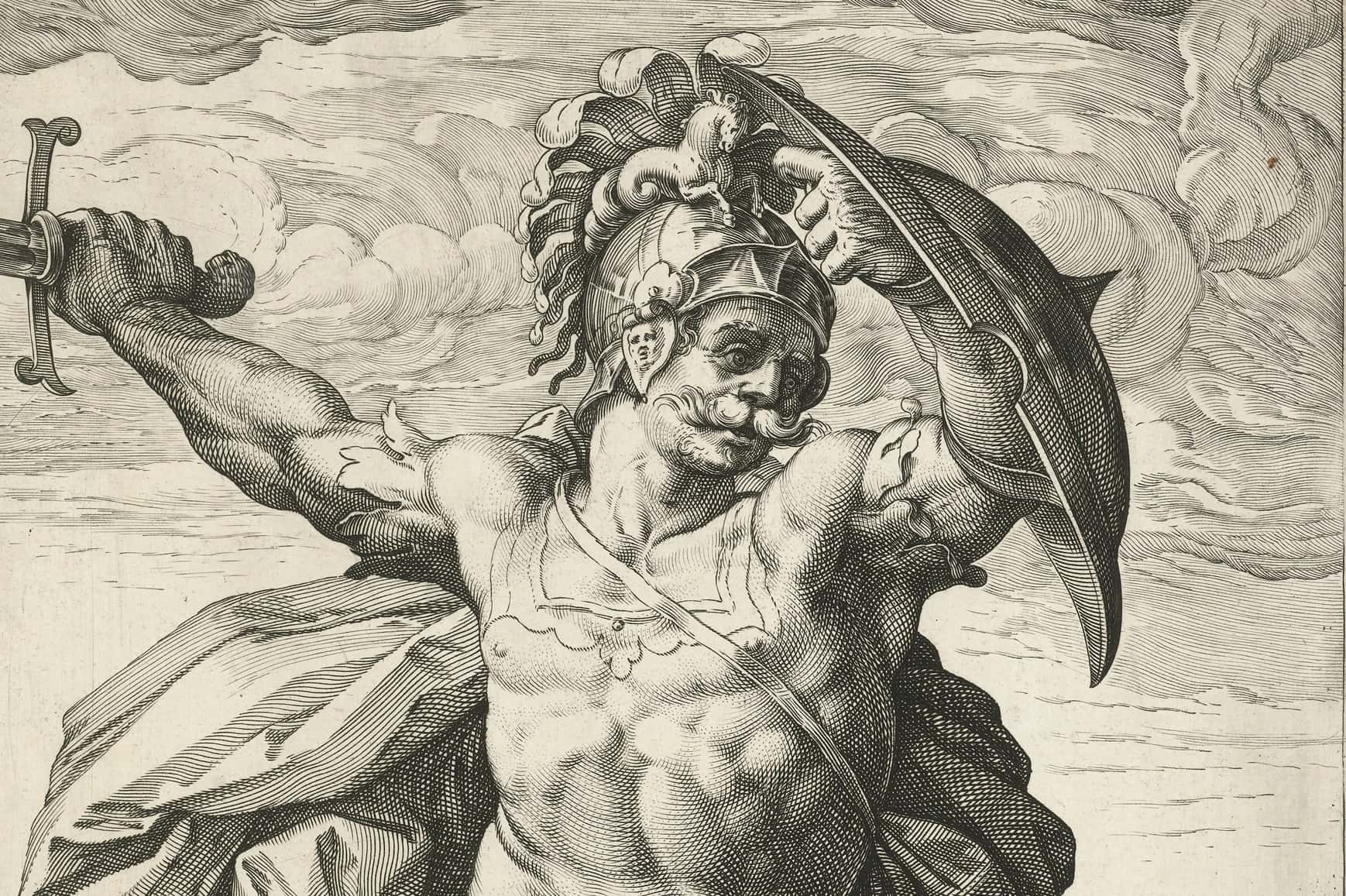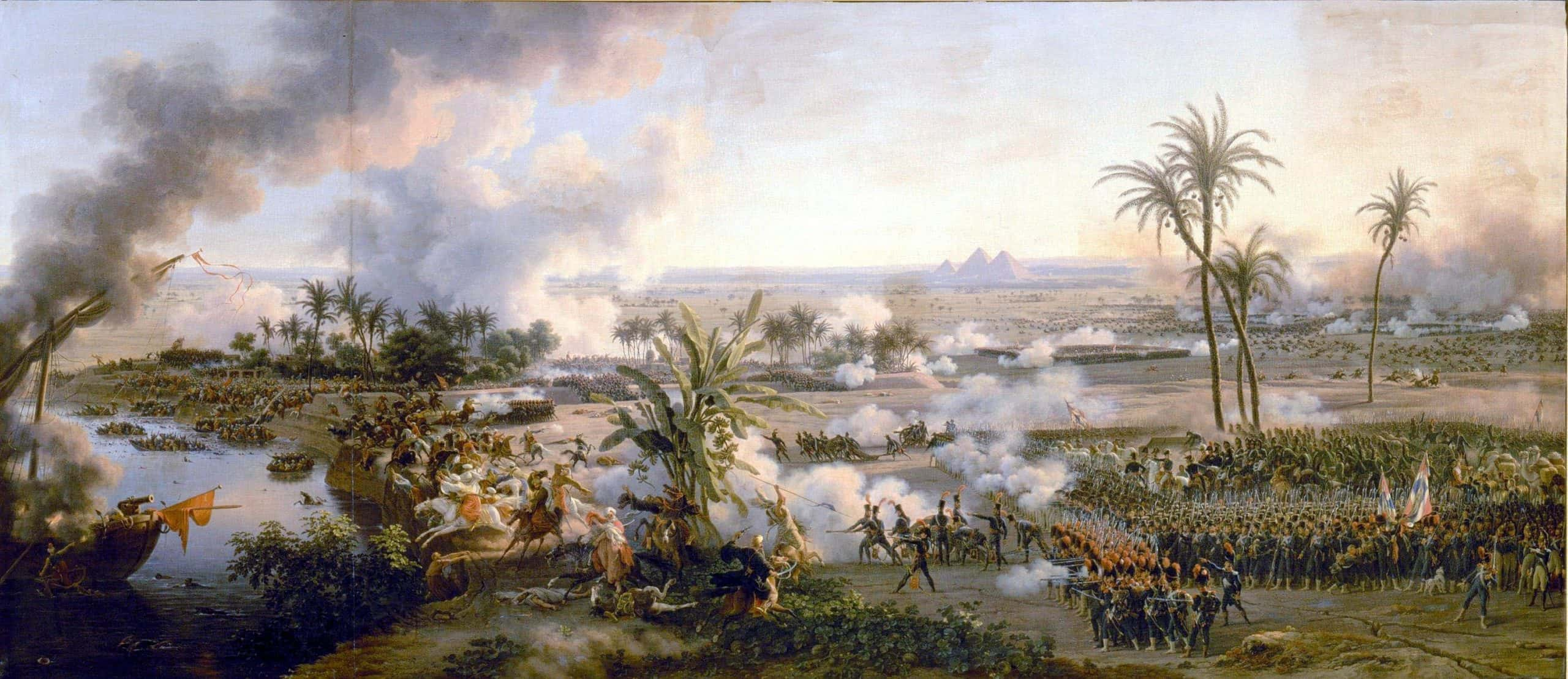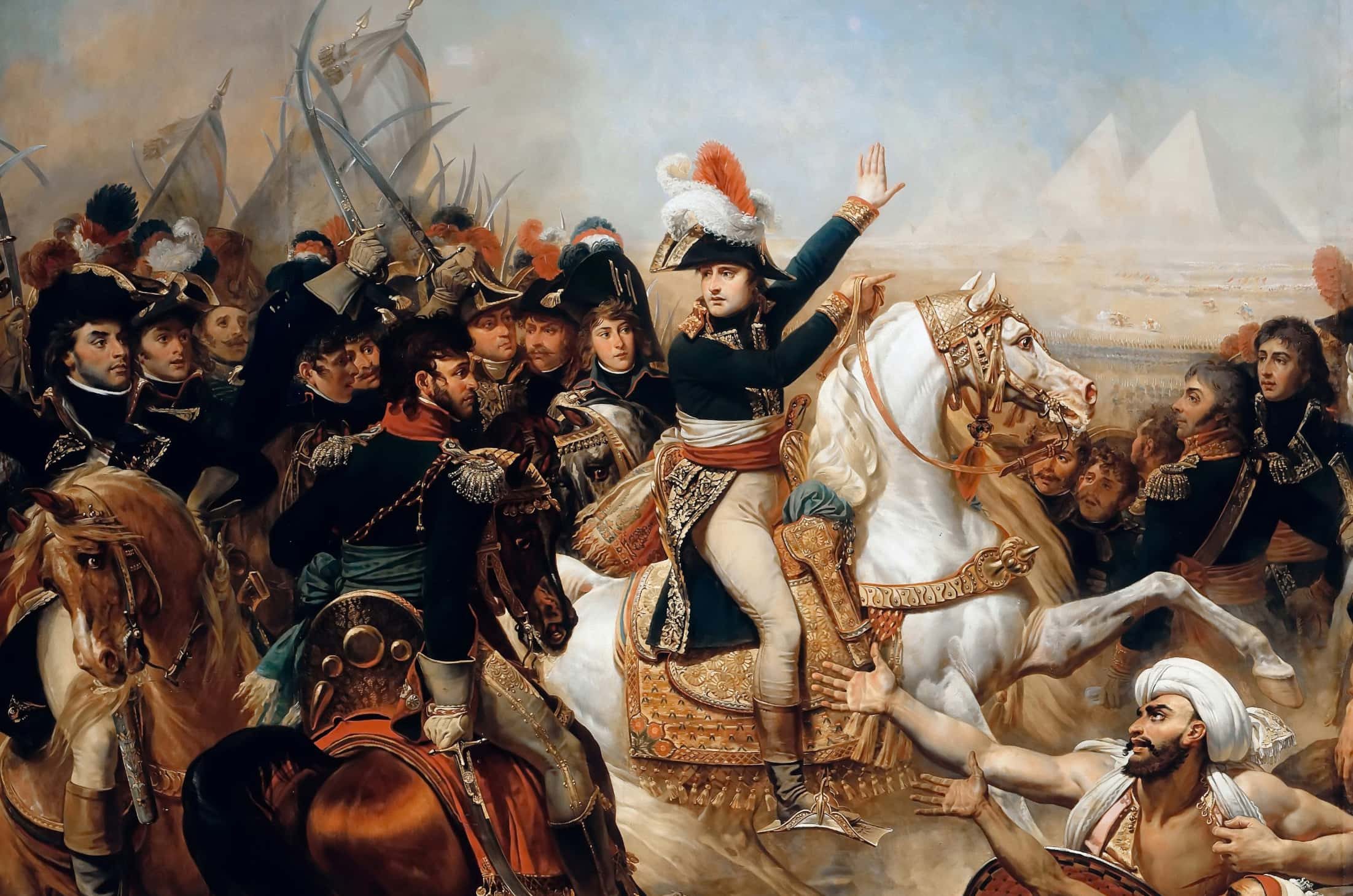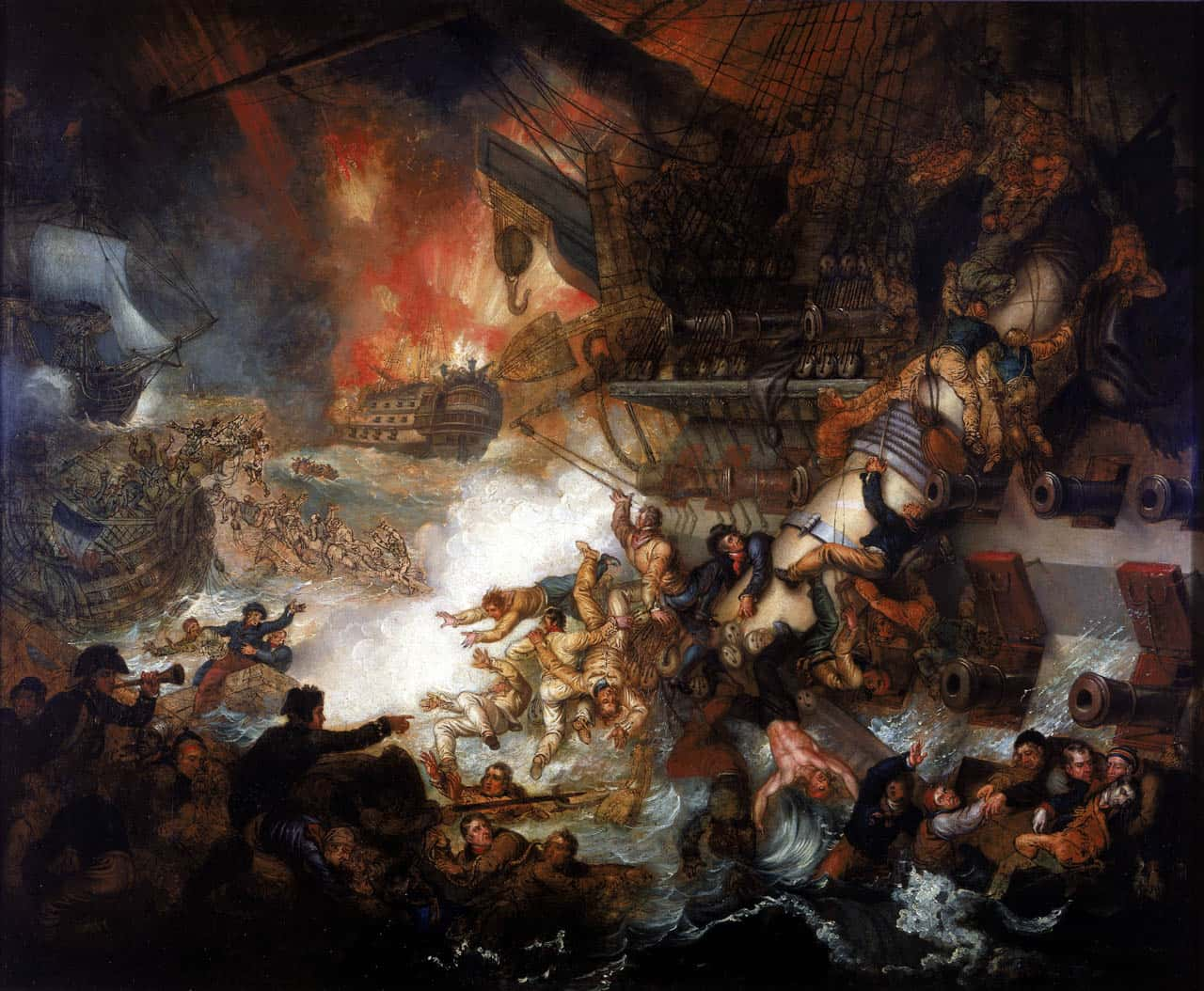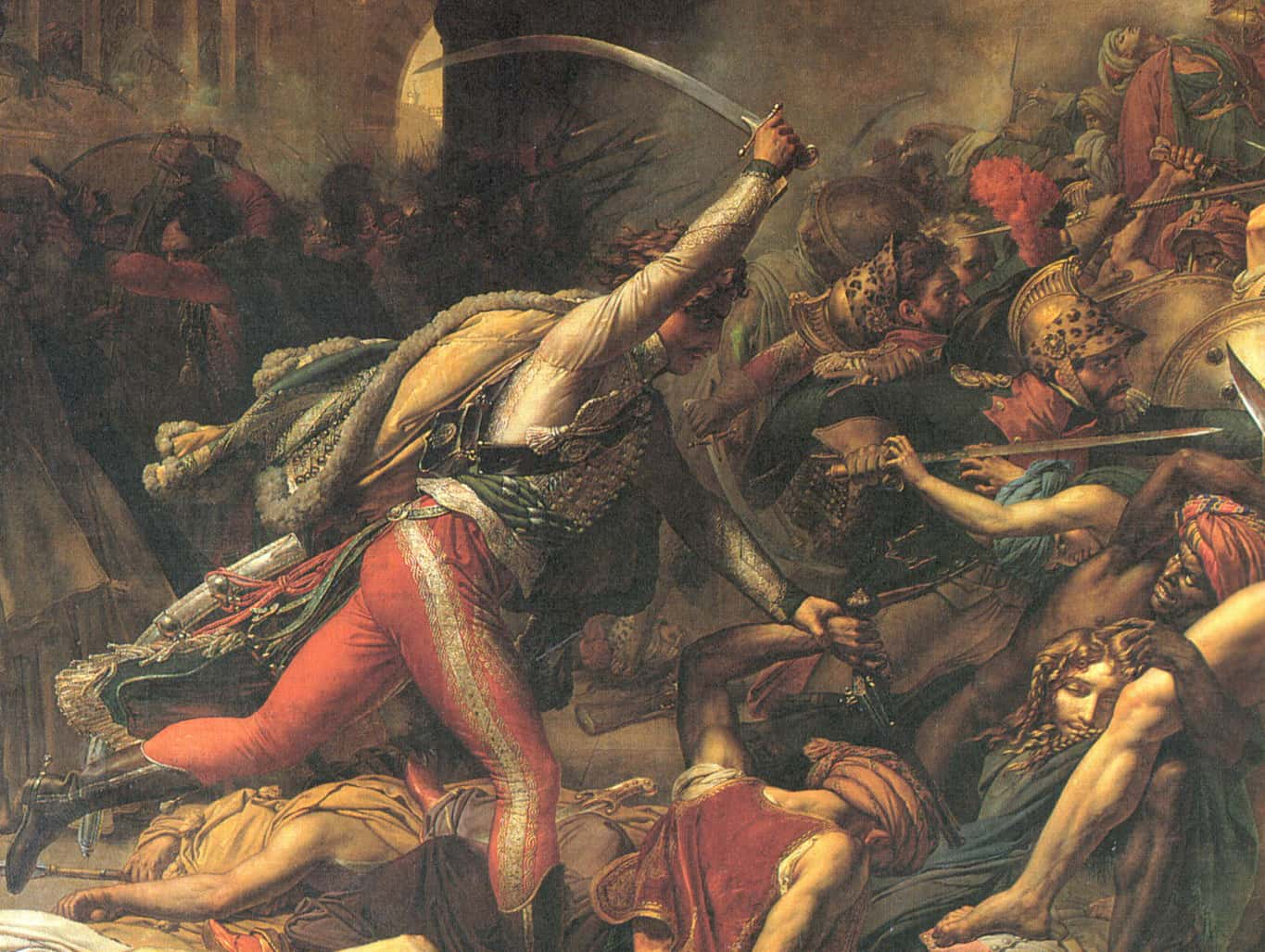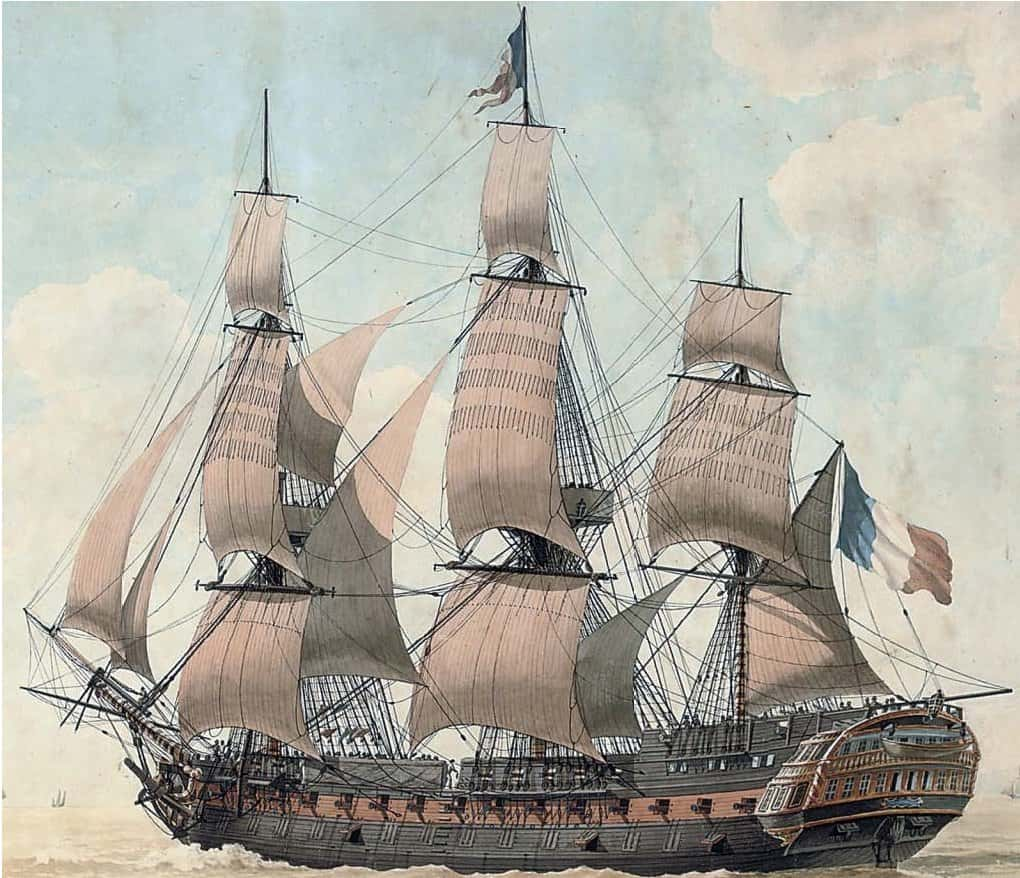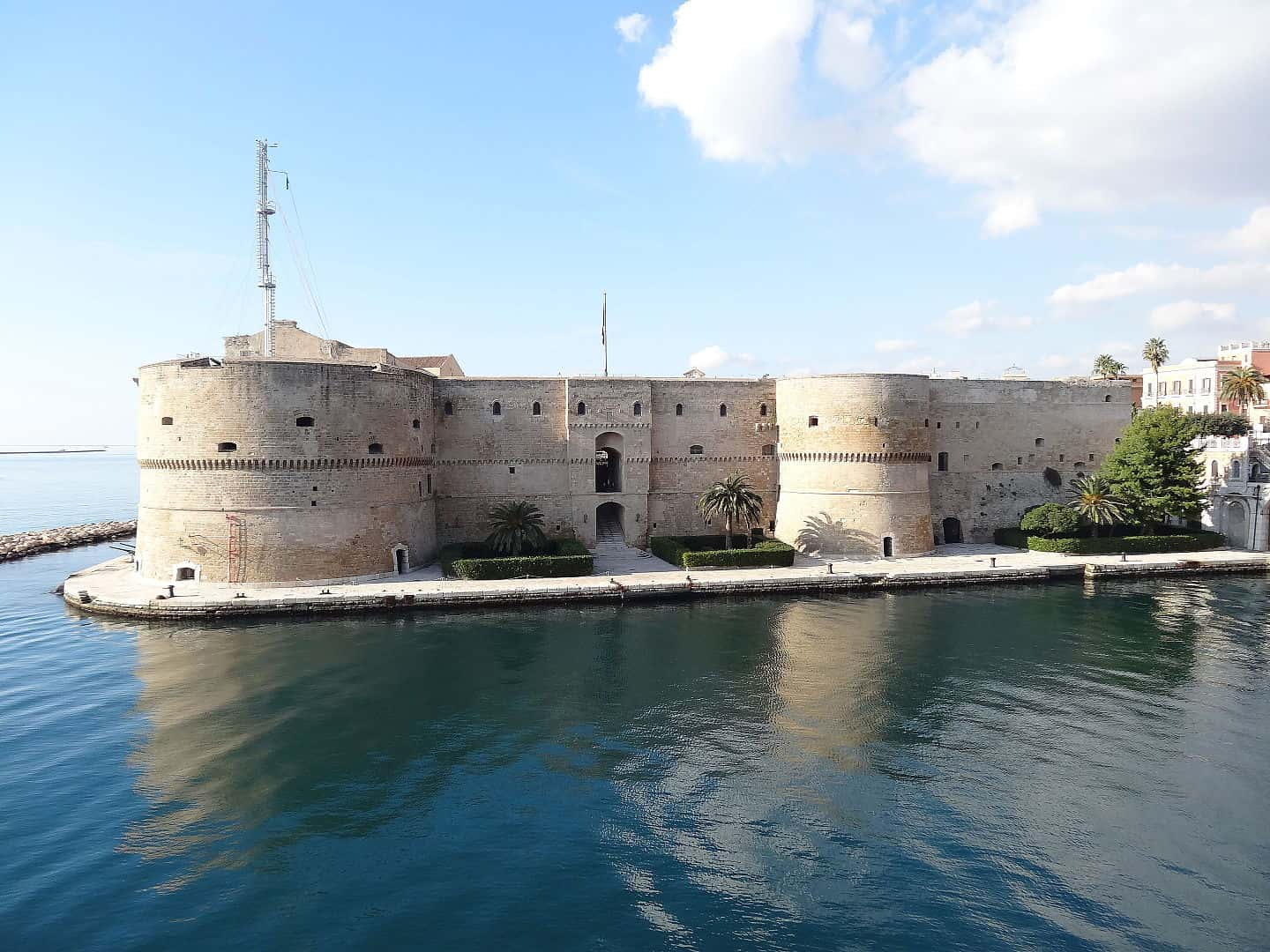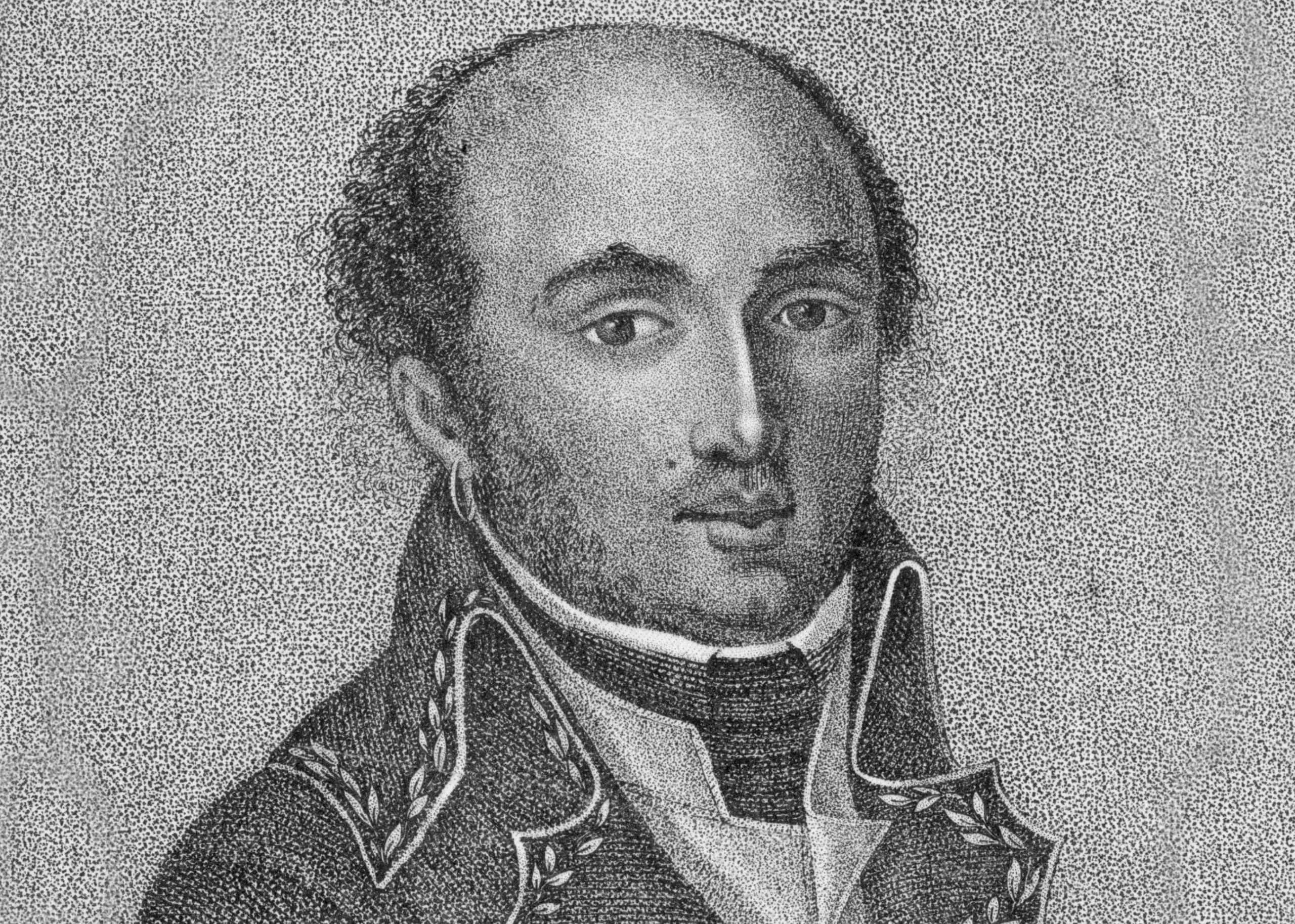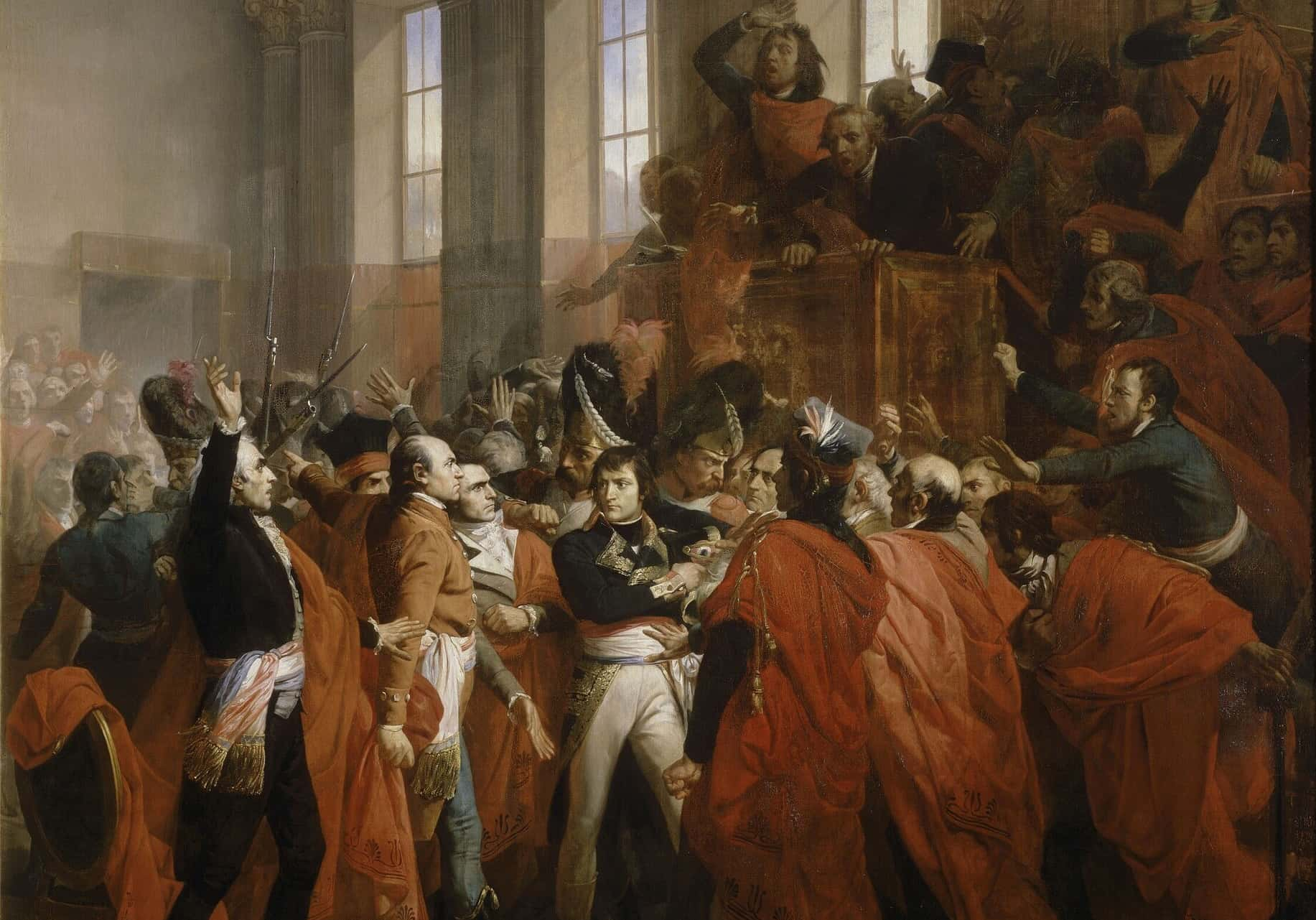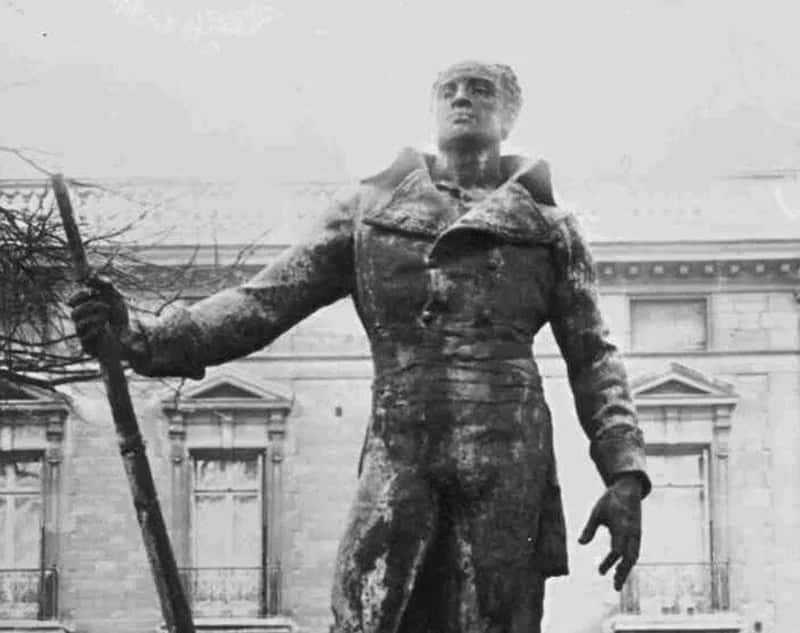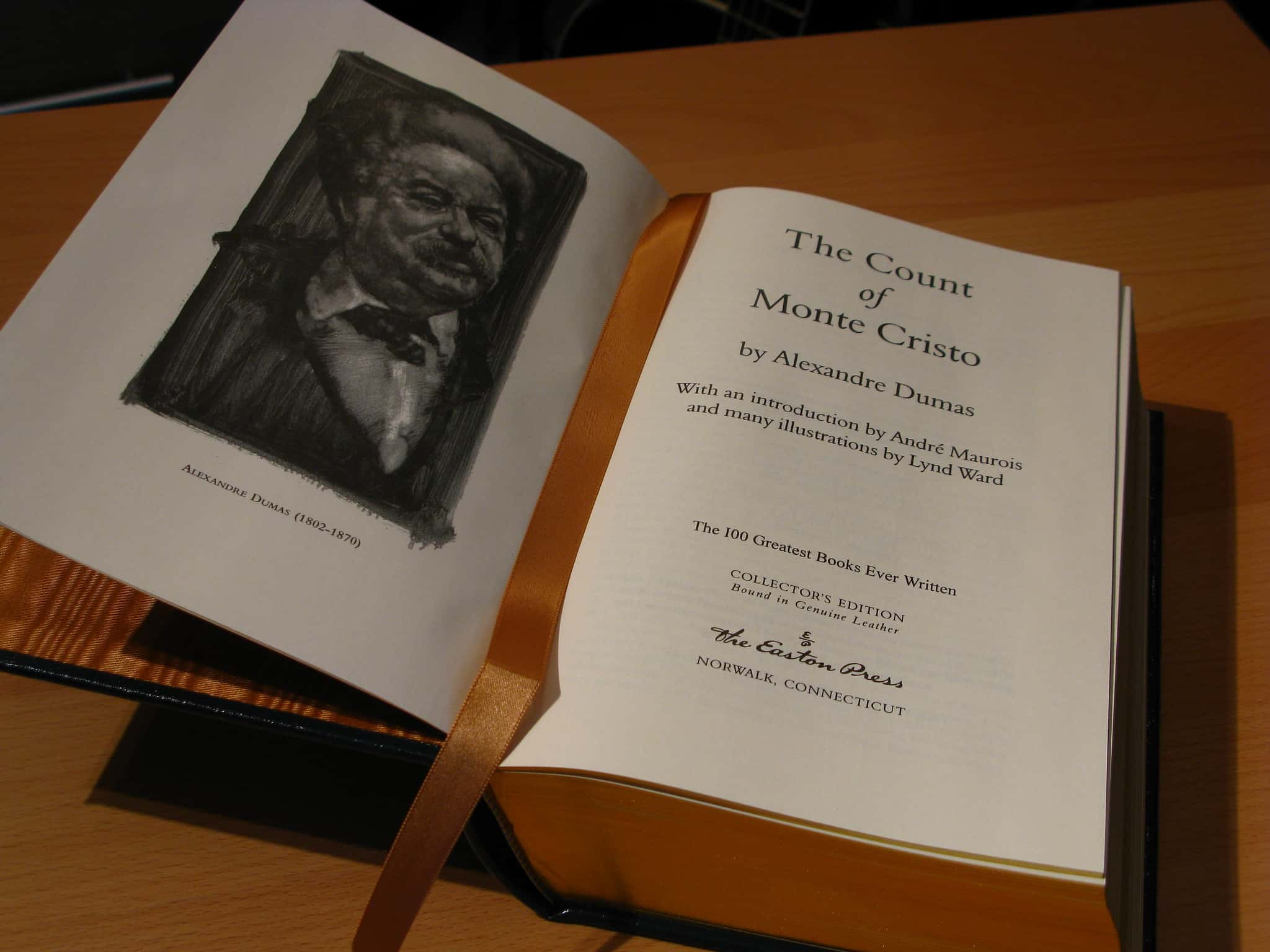More people should know the story of the swashbuckling Thomas-Alexandre Dumas, the Black Count. Dumas survived slavery, earned his freedom, and rose through the French military to become the first non-white general in European history. He was one of the most respected and feared men in all of Europe, yet you won't read about him in any history books. Thomas-Alexandre Dumas made an enemy of the wrong man, and history forgot him almost completely. Well, it's time for the Black Count's story to come out.
1. He Was Related To Royalty
Thomas-Alexandre Dumas’ father, Antoine Davy de la Pailleterie, was the eldest son of a French Marquis. The family’s wealth was on the decline, but hey, a noble's a noble, right? Antoine and his younger brothers studied in army schools and enlisted as soon as they could. In the grand scheme of things, they were a fairly ordinary, aristocratic French family.
But Thomas-Alexandre Dumas was a swashbuckling, globetrotting black man in the 18th century. He was anything but ordinary, so how did he come to be? It started when the family decided to board a boat and start a life in the New World.
2. He Was Also Related To Slavery
Dumas’ uncle moved to Saint-Domingue, a French-Caribbean colony, and decided he’d rather own a plantation than stay in the army. He conveniently married a wealthy widow, took over her estate, and also encouraged his older brother to follow suit. Antoine decided to give the New World a try, quitting the army and heading West to join his brother.
However, instead of marrying a wealthy widow, he chose to make one of his black slaves his concubine. And in 1762, she gave birth to their son, whom the world would know as Thomas-Alexandre Dumas.
3. He Had Some Siblings
While Antoine’s conscience probably didn’t overburden him to remain faithful to his concubine, there’s no record of him shacking up with other women. Indeed, he went on to have two or three more kids with Dumas’ mom, probably all girls. Unfortunately, we know nothing more about the girls or the mom–for one chilling reason.
4. His Parents Separated
No big surprise, the man who took his slave as his concubine was a terrible guy. In fact, Antoine showed his true colors when he realized his parents back in France had passed on and he was eligible to inherit their title. He was out of Saint-Domingue before you could say “new marquis.” And what happened to his family there you ask? He sold them without so much as batting an eye.
Antoine Dumas sold his own family—but it's even worse than that.
5. He Became A Slave
Dumas’ dad didn't just sell him, his mother, and his sister. He sold them to different people. That got Antoine enough money to book his passage back to France in 1775. But, at the very least, Antoine had a reason for separating young Thomas-Alexandre from his mom and sisters. Antoine may have abandoned his daughters and their mother, but he still hoped something could become of his son. So he came up with a plan.
6. He Won Freedom In France
Dumas’ buyer was a man on the way to France himself. He took Dumas along with him, in 1776, when the boy was 14 years old. This ensured that Dumas got to France legally, as “Slave Alexandre.” Once there, Antoine bought him back from his master and legally set him free. Now sure, the cards were still completely stacked against him—he was a black man in 18th-century France after all—but Thomas-Alexandre Dumas had a chance to make a life for himself.
I doubt anyone realized what kind of man he would become.
7. He Lived With Dad
For a while after he reached France, Dumas stayed with his dad at their family estate in Normandy. A year later, the new Marquis sold the family estate, and father and son moved to a townhouse in a Parisian suburb. Whether it was because he wanted to make up for his past behavior, or just because he wanted to splurge, Dumas’ dad spent lavishly on his son. Life was about to get real good for our guy Thomas-Alexandre.
8. He Enjoyed The High Life
Dumas didn’t lack for anything for a while. He went to an academy where other young noblemen studied philosophy and equestrianism. He also learned fencing from the famous mixed-race composer and swordsman, the Chevalier de Saint-Georges. Antoine didn’t spare any expense either, leading his notary to remark that the boy cost his father “enormously.”
Too bad dad, pony up! I mean, let’s not forget, the man sold his son into slavery for a while. It's the least he could do!
9. He Got In Some Trouble
Thomas-Alexandre Dumas became something of a libertine as he got older. He moved into a flashy apartment near the Louvre and enjoyed socializing and spending time at the theater. But all the money in the world couldn't change the color of his skin, and Dumas had to pay for it constantly. While watching a play with a “beautiful Creole woman,” he got in a fight. It turned ugly fast.
Some white naval officer started harassing him and his companion, insisting Dumas kneel down and “beg for his freedom.”

History's most fascinating stories and darkest secrets, delivered to your inbox daily.
10. He Had Many Names
Dumas may never have seen his mother again after his father sold her, but he found a heartbreaking way to pay tribute to her. He was born Thomas-Alexandre Davy de la Pailleterie, with “Davy de la Pailleterie” being his father’s family name. When his dad sold him, he changed his name to Thomas Rethoré. And finally, he took on his mom’s last name when he enlisted in the army.
She was Marie-Cessette Dumas, and he became Alexandre Dumas, usually shortening it to Alex Dumas. That is the surname he is best known for, and the one his famous son would go on to keep for himself.
11. His Relationship With Dad Cooled For A Bit
Sure, Dumas and dad may have gotten along well once he got to France, but keeping in mind dad’s past record, they were bound to clash at some point. It happened when Antoine married a domestic servant from his estate in 1786. Dumas refused to sign as a witness, and Antoine responded by tightening the purse strings—but this wasn’t all he did.
12. He Changed His Name
Dumas decided he wanted an army life, but there was a slight problem. Unlike other noblemen, who could buy a commission, he couldn’t. His mixed race made it hard for him to “claim his rightful title or noble status.” But Dumas wasn't going to take no for an answer. He decided to go the hard way and work up through the ranks. Most parents would be proud of their son's work ethic. Dumas' father was horrified his son was dragging his good name through the mud of the lower ranks.
Antoine was furious with his son—but don't worry. He wouldn't be for long.
13. He Suffered A Loss
It hadn’t even been a full two weeks since Dumas signed up as a private for the Queen’s Dragoons when Antoine passed. Dumas’ only family in the world was gone, as he'd had no connection with his mother or siblings once he’d left Saint-Domingue. Determined to make his mark, Dumas threw himself into army life and soon became known as a brave, disciplined officer.
As if his life in France wasn't a struggle already, now Dumas had to do it completely alone. But he did have one thing going for him though...
14. He Was A Striking Young Man
By all accounts, Dumas was a knockout. He towered above most of his peers at over six feet tall, and biographers have compared his curly hair to Greek and Roman locks. While opinions differ on whether his skin color was closer to “ebony or bronze,” his earliest-known description is that he was “one of the handsomest men you could ever meet.”
But initially, his superiors seemed to overlook him, despite his discipline and looks.
15. He Got His First Posting
If Dumas dreamed of glory when he joined the army, he was in for a rude awakening. A few years after enlisting, he found himself stuck posted in a small, backwater town without much opportunity to prove himself. He probably spent his days dreaming of a little action—but little did he know, he was about to have more action than he could handle. The French Revolution began in 1789, and Dumas wasted no time making a name for himself.
Pretty soon, Dumas was in the thick of the action, quelling unrest in the French countryside. His superiors started to take notice of him—but they weren't the only ones taking notice.
16. He Fell In Love
Dumas swept a young innkeeper's daughter named Marie-Louise Labouret away with his charms. And the admiration wasn’t one-sided. Dumas was very much in love with the girl and he asked her to marry him while he stayed at her father’s inn in Villers-Cotterêts. Before they made it official, duty called and Dumas was dragged away to more fighting. He left after four months—but that didn’t mean he forgot about Marie-Louise.
17. He Was A One-Woman Man
Although Dumas’ posting at Villers-Cotterêts didn’t last long, he knew he’d met the woman of his dreams there. He returned three years later, as a much higher-ranked official, and married her in November 1792. This wasn't exactly a fairy tale union, though. Dumas' young bride would stay with her parents for long stretches when Dumas was away on his campaigns, which would be quite often. At least he gave her a decent place to stay, though.
18. He Bought Farmland
Since Dumas would often be away from home, he decided he should put down roots. He bought 30 acres of farmland in Villers-Cotterêts, where his family remained for decades, and where his son, literary giant Alexandre Dumas, was born. Too bad he didn't see this land much. He was too busy gallivanting across Europe, making a name for himself.
19. He Was Always Very Strong
Thomas-Alexandre Dumas is a legend in more ways than one. His larger-than-life exploits put his name on the map, and soon he became something of a mythic figure. Already towering over most other men, stories of his strength preceded him wherever he went. He could allegedly put his four fingers in the barrels of four muskets and lift them straight out beside him, just to flex on 'em. One story even claimed he once lifted himself and his horse off the ground by hanging onto an overhead beam in a barn.
True or not, if you hear stories like that about someone, I'd think twice before messing with that person. But unfortunately, not all the stories about Thomas-Alexandre Dumas are good ones.
20. He Managed A Conflict
Dumas was there for the horrific Champs de Mars Massacre. A crowd had gathered to demand King Louis XVI step down, and Dumas was one of the officials trying to control the situation. His boss there, the Marquis de Lafayette, and his officers opened fire at the crowd, slaying between 12 and 50 people. No one knows for sure exactly what role Dumas played that day, but it left a black mark on his record—and it would eventually come back to haunt him.
21. His Role Was Misunderstood
His role in the Champs de Mars Massacre nearly cost Thomas-Alexandre Dumas his life. Two years later, he stood before the notorious Committee of Public Safety, led by Maximilien Robespierre. A witness denounced Dumas as a participant, and he had to think quickly or risk meeting the guillotine. Thankfully, the Committee bought Dumas' claim that his intervention had prevented even more bloodshed.
He lived to fight another day—and boy, did he ever fight.
22. He Was A Brave Officer
Dumas’ bravery was evident to everyone in the army, which is why he quickly worked his way up the ranks to corporal. At the Belgian front, he single-handedly captured 12 enemy officers while leading only a small party of under eight horsemen. For most soldiers, that would be the highlight of their career. Thomas-Alexandre Dumas was just getting started.
23. He Joined The Black Legion
Not content with being just another officer in the army, Dumas agreed to join the Black Legion as its second-in-command, behind his old teacher, the Chevalier de Saint-Georges. This was a group of free people of color who became known for their valor and daring swordsmanship. Now, if you think the French army allowing a troop of black soldiers to run the show for themselves sounds too good to be true...sadly, you'd be right. The Black Legion disbanded after only a short time when Saint-Georges was accused of misuse of funds.
It was nice while it lasted, but for Dumas, it just meant he was onto bigger things.
24. His Star Rose Higher
Dumas’ achieved the rank of Brigadier General in 1793, and a month later he became a Division General. He was the first black general in Europe, and no one could question his worth. He went on to personally command the Army of the Western Pyrenees and the Army of the Alps. Thomas-Alexandre Dumas was barely 30, yet he was on top of the world. Unfortunately, that just meant he had even further to fall.
25. He Didn’t Believe In Quitting
As commander of the Army of the Alps, Dumas’ job was to capture the mountain range for the French, leading 53,000 men into the treacherous peaks. After some serious fighting on the glaciers, he succeeded. Dumas defeated the Austrian forces, taking between 900-1,700 prisoners. The Austrians called him Black Devil, but he had another, more complimentary nickname among his men.
26. He Had A Heart
Dumas' men called him “Mr. Humanity.” Of course, being an officer in the army means that you’re hardly a pacifist, but Dumas was conscientious about not spilling blood unnecessarily. When his army had seized Petit-Saint-Bernard and Mont-Cenis (to win the Alps), he prevented some civilians, who had tried to save their church bells, from execution.
In a symbolic gesture, he ordered his men to burn their guillotine, claiming they needed the wood for a fire to ward off the freezing chill of the mountains. And how did France repay Dumas for his heroism? They tried to kill him.
27. He Was Almost Accused Of Treason
The Committee of Public Safety called Dumas back to Paris in 1794, and the rumor was that they wanted to charge him with treason. Apparently, some of the active republicans had discovered that he had noble blood and wanted to execute him. This was during the bloodiest part of the French Revolution, “The Reign of Terror.” Not exactly a good time to be accused of treason.
But Thomas-Alexandre Dumas was smart. He delayed going back for a month. While he dallied, Robespierre, the main force behind the Reign of Terror, himself met the guillotine. After that, the fervor petered out, and Dumas got off scot-free. Phew. If there was ever a narrow escape.
28. He Was A Good Leader
Apart from being fearless in battle, Dumas was very focused on improving discipline under his command. He trained his officers to be more organized and orderly and discouraged them from harassing local populations. Seems a shame that Dumas has all these accomplishments, and yet so few people remember him. So why is it that history books have so little to say about this remarkable general and his amazing exploits? The answer is simple.
Thomas-Alexandre Dumas made a very powerful enemy, and it cost him dearly.
29. He Had A Mind Of His Own
Dumas first served under Napoleon Bonaparte when he joined the Army of Italy in Milan. The two generals got off on a bad start when he resisted Napoleon’s policy of allowing French officers to take whatever they wanted from the local populace (for the record, I side with Dumas on that one). But then, Dumas managed to impress Napoleon by winning the city of Mantua. Maybe there was a chance Napoleon might come around on our guy Alex...
Then one incident ruined his chances for good.
30. Some Didn’t Like Him
Evidently, Napoleon’s aide-de-camp, General Berthier, wasn’t fond of Dumas either. Berthier intentionally downplayed Dumas' actions in a battle report he sent his boss. Dumas wasn’t going to take this insult lying down, and wrote to Napoleon complaining about Berthier. Guess whose side Napoleon took?
31. He Faced Consequences
Dumas found himself demoted after his letter. Now he was second-in-command, leading a subdivision under another general, even though his men vouched for his leadership and bravery. Dumas swallowed the indignation, however, and went on to prove his worth to his enemies and friends alike. Sorry, Napoleon—it was going to take a lot more than that to keep Dumas down.
32. He Was Fearless In Battle
Dumas fought with his usual valor and helped his subdivision win a decisive victory. Together they again managed to push the Austrians back and take more than 1,000 prisoners. His “Black Devil” nickname became famous among the opposing forces once more. But his greatest battle was still yet to come.
33. He Didn’t Give Up
Thomas-Alexandre Dumas’ greatest military achievement was single-handedly defending a bridge in Klausen, a Northern Italian village. His men had gone to get reinforcements, his aide-de-camp had terrible wounds, and the Austrians shot his horse from under him. Using the horse’s body for cover and his sword as his weapon, Dumas fought the Austrians alone.
I’m kind of getting an inkling about why the Austrians called him what they did.
34. Even His Men Were Surprised
A witness recounted that he couldn’t believe his eyes when he saw Dumas battling all those men alone, cutting down eight and wounding double that number so that they couldn’t fight back. As the man put it, "I saw [Dumas] lift his saber as a thresher lifts his flail, and every time that the saber came down a man fell." Then when reinforcements arrived, Dumas jumped on another horse and just continued the attack. Even Napoleon couldn’t overlook this kind of courage.
35. He Got His Reward
Napoleon promptly bestowed Dumas with the title “Horatius Cocles of the Tyrol.” In case you’re wondering, Horatius Cocles was a hero who saved Ancient Rome. Apart from the title, however, Napoleon praised Dumas’ heroics to the government, promoted him to cavalry commander, and sent him a pair of pistols. It seemed like Dumas had finally repaired his relationship with the Little Corporal.
Then Egypt happened.
36. He Went To Egypt
Napoleon wanted to conquer Egypt and bring it under French rule. Dumas, as cavalry commander, went with him and the army. He had no idea the nightmare he was getting himself into. The journey through the desert was a disaster. Horrified, Dumas watched many officers end their own lives in desperation due to the heat, thirst, and inadequate supplies. Dumas had reached his breaking point.
37. He Wanted To Go Back
Dumas and some of his fellow generals complained about Napoleon’s mismanagement. When Napoleon heard about this, he confronted Dumas and threatened to charge him with sedition. After barely surviving the trek through the desert, Dumas was finally fed up. He requested permission to leave Egypt and return to France. Napoleon agreed, even though Dumas had played an important role in helping him seize Cairo.
But Dumas wouldn’t be able to leave so easily.
38. It Wasn’t So Easy
Dumas wanted out and Napoleon wanted him gone, but there was just one problem: He couldn't leave. The British fleet had destroyed the French ships in Egypt. It would be almost a year before he would be able to hire a ship to take him back to France. It must have been awkward, waiting around all that time after his blowup with Napoleon. But this is Thomas-Alexandre Dumas we're talking about. He found plenty of ways to keep busy.
39. He Quashed An Uprising
Dumas was instrumental in quelling rebellion in Cairo. He marched into the Al-Azhar Mosque on his horse and prevented the protestors from rising against the French. Napoleon was so pleased with him that he declared he’d commission a painting showing Dumas capturing the Grand Mosque. Sadly, the painting, which he only commissioned 11 years later, showed a white man instead of Dumas.
Clearly, Napoleon’s admiration for his men blew hot and cold.
40. He Was Critical Of His Boss
Dumas stayed loyal to Napoleon in Egypt, but he wasn't afraid to speak his mind. Remember how the British had destroyed the French fleet? Dumas couldn't believe that the "unbeatable" Napoleon had left their ships unprotected, and he wasn't afraid to let the man know it. Believe it or not, this criticism didn’t go over well with Napoleon.
Thomas-Alexandre Dumas always told the truth when he knew he was right. It cost him dearly in the end.
41. He Finally Left Egypt
Dumas finally hired a ship and left Egypt in March 1799. Some wounded French officers, some Genoan and Maltese civilians, and another general accompanied him. He’d also bought 11 Arabian horses to breed stock in France. After years abroad, he was finally returning home. He must have been so excited. Well, he'd have to wait a little longer than he expected. Not long after setting sail, disaster struck.
42. His Ship Capsized
The ship let Dumas and his companions down. It started to sink and they had to throw most of their supplies overboard. As if that wasn’t bad enough, the weather grew stormy and the men had to land their ship in Taranto, in the Kingdom of Naples. Dumas expected a friendly welcome, thinking the Kingdom was sympathetic with the French.
Boy, was he in for an unpleasant surprise.
43. He Became A Prisoner
Unfortunately for Dumas, the Holy Faith Army had overthrown the sympathetic government, and they did not like the French. At all. In fact, they were actively warring against them. This meant that Dumas was in for a terrible time. They seized Dumas and his companions and took whatever cargo they had left. Dumas had been so close to returning home. Instead, he was in for a living hell.
44. He Suffered
Dumas spent the next two years locked up somewhere in the Kingdom of Naples. His captors treated him horribly, not giving him enough to eat and not caring when he was sick. If it hadn’t been for a secret group of French workers who brought him medicine on the sly, he might not have survived the imprisonment. All he could do was sit and wait for salvation to come—and pray it wasn't too late.
45. He Returned To France
Although Napoleon successfully seized power in Paris in 1799, he didn’t bother trying to get Dumas released, even though his wife kept petitioning the army to find him. Eventually, the French took over the Kingdom of Naples in 1801 and secured Dumas’ release in March of that year. Freedom at last—but the years had taken a horrific toll on the great ex-general.
46. He Wasn’t Well
The two long years in prison left Dumas partially paralyzed and almost blind in one eye. He was slightly deaf in one ear too, but his hearing returned when he got back. He was a broken shell of a man—and if that wasn’t bad enough, he had to face yet another indignity on his return.
47. He Struggled With Finances
How terribly sad that a man who had served the French for so long and so sincerely should struggle to support his family after his return. But that’s just what happened once Dumas got back. He wrote multiple times to Napoleon, asking for back-pay for the time he’d been in Taranto and for a new army commission.
Napoleon never replied. Neither did anyone else in the government. They left Dumas to rot—but that wasn’t even the worst they did.
48. He Had A Sad End
Dumas passed from stomach cancer a few years after his release, in Villers-Cotterêts. He left behind his wife, Marie-Louise, a daughter, and a son. His four-year-old son, Alexandre Dumas, took the loss particularly hard. He couldn’t even get a secondary education because his mom didn’t receive the rightful pension she should have as a general’s widow.
Marie-Louise had to work in a tobacconist’s shop to make ends meet. Both she and her son blamed Napoleon’s “implacable hatred” for their impoverished circumstances.
49. He Didn’t Receive The Honors He Was Due
There’s an inscription of Dumas’ name on the Arc de Triomphe south wall, but other than that, there is no public memorial for him. In 1913 the French erected a statue for him, but the Germans destroyed it during WWII. His biographer laments that fact, saying that his statue was a “symbolic monument for victims of French colonial slavery.”
Apparently the writer, Claude Ribbe, petitioned French President Sarkozy in 2009 to award Dumas the Legion of Honor, which is the highest French order of merit. Dumas hasn't received the honor as of yet, but maybe one day.
50. His Son Ensured He Wasn’t Forgotten
There may be no mention of Thomas-Alexandre Dumas in history books, and he may not live on in public memory through memorials or monuments, but his son ensured that his father’s spirit and exploits lived on in literature. All of Alexandre Dumas’ heroes in his famous books are inspired by his father’s life and adventures.
I’m going to have a new perspective of The Count of Monte Cristo the next time I read it!

